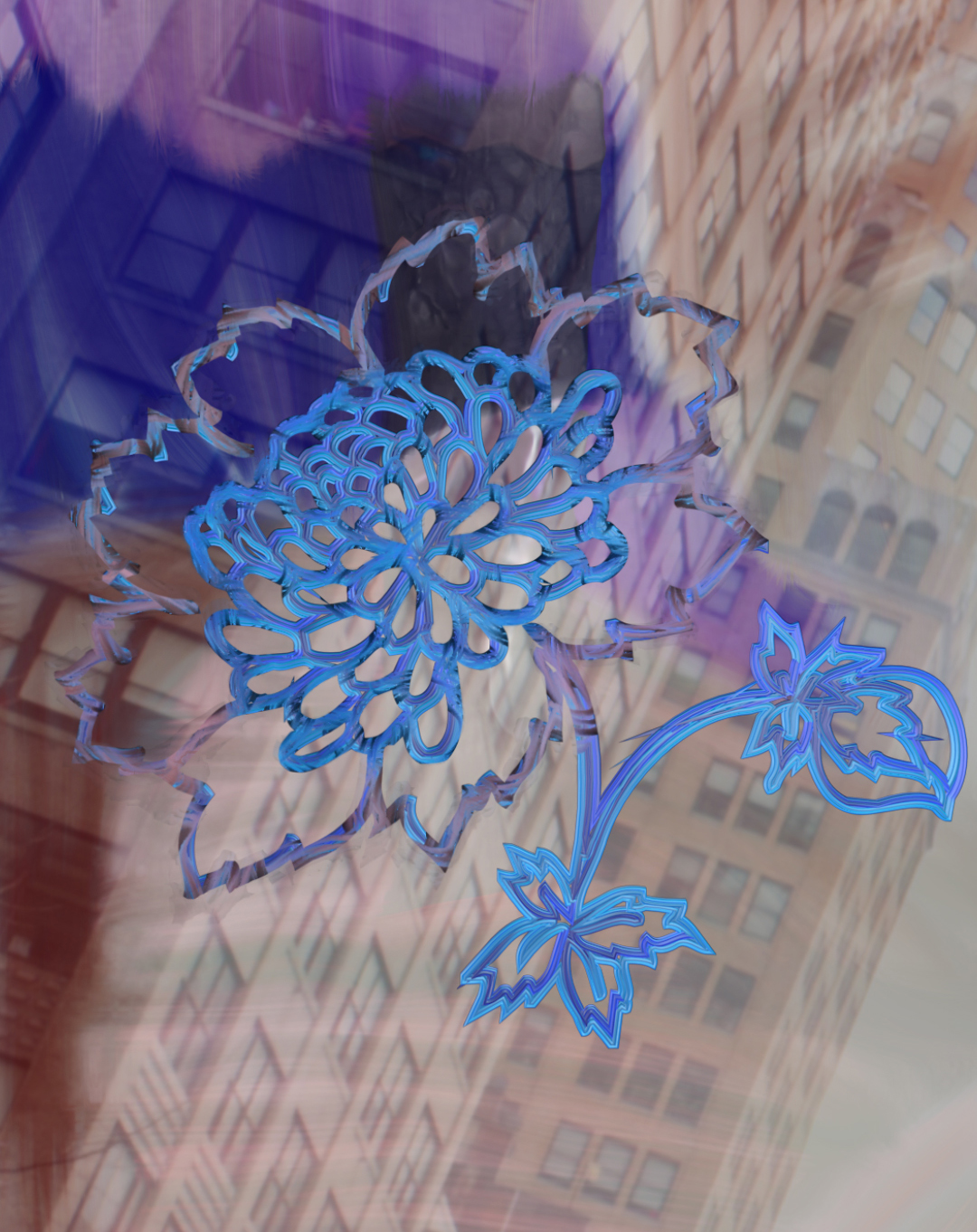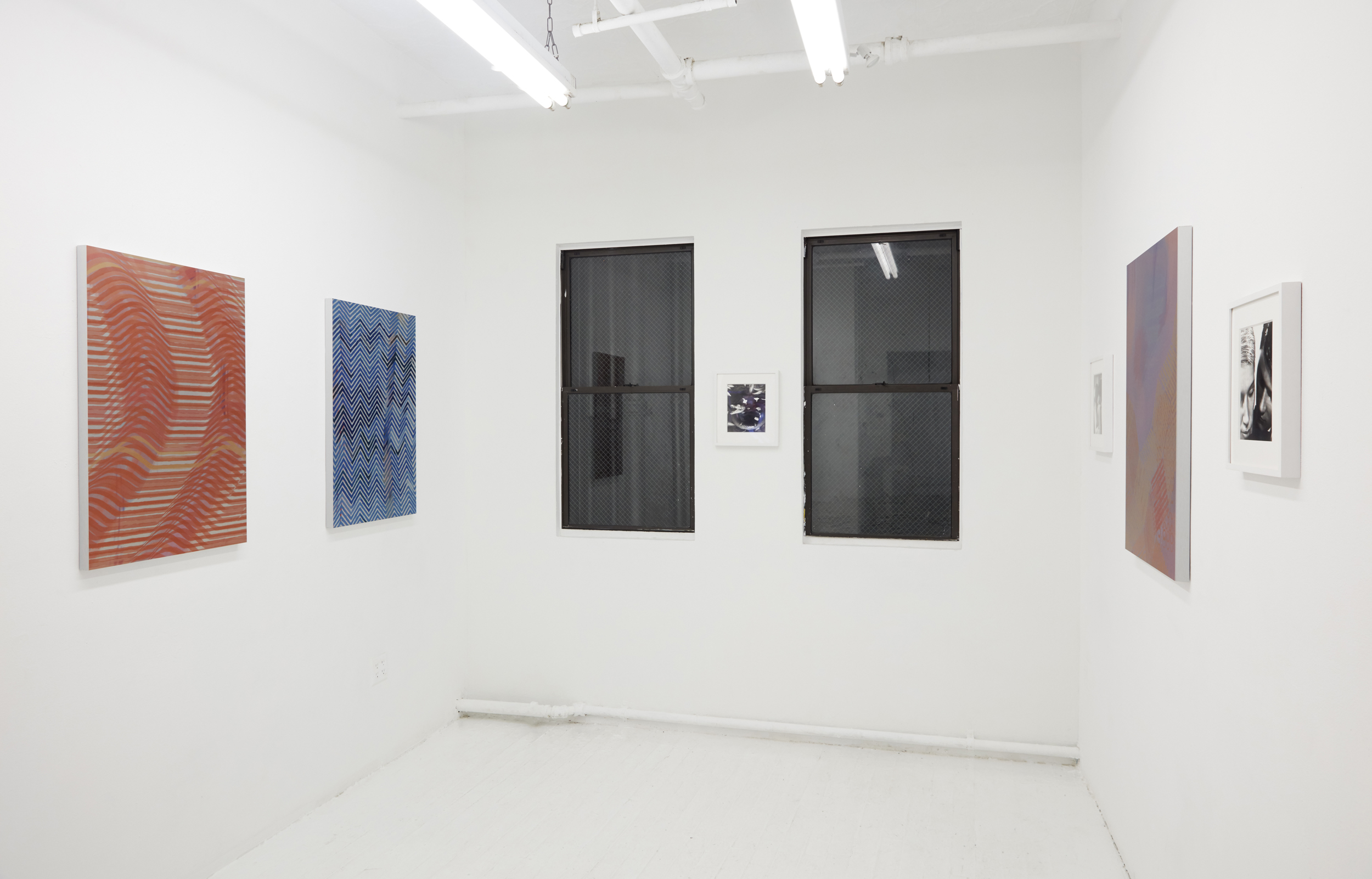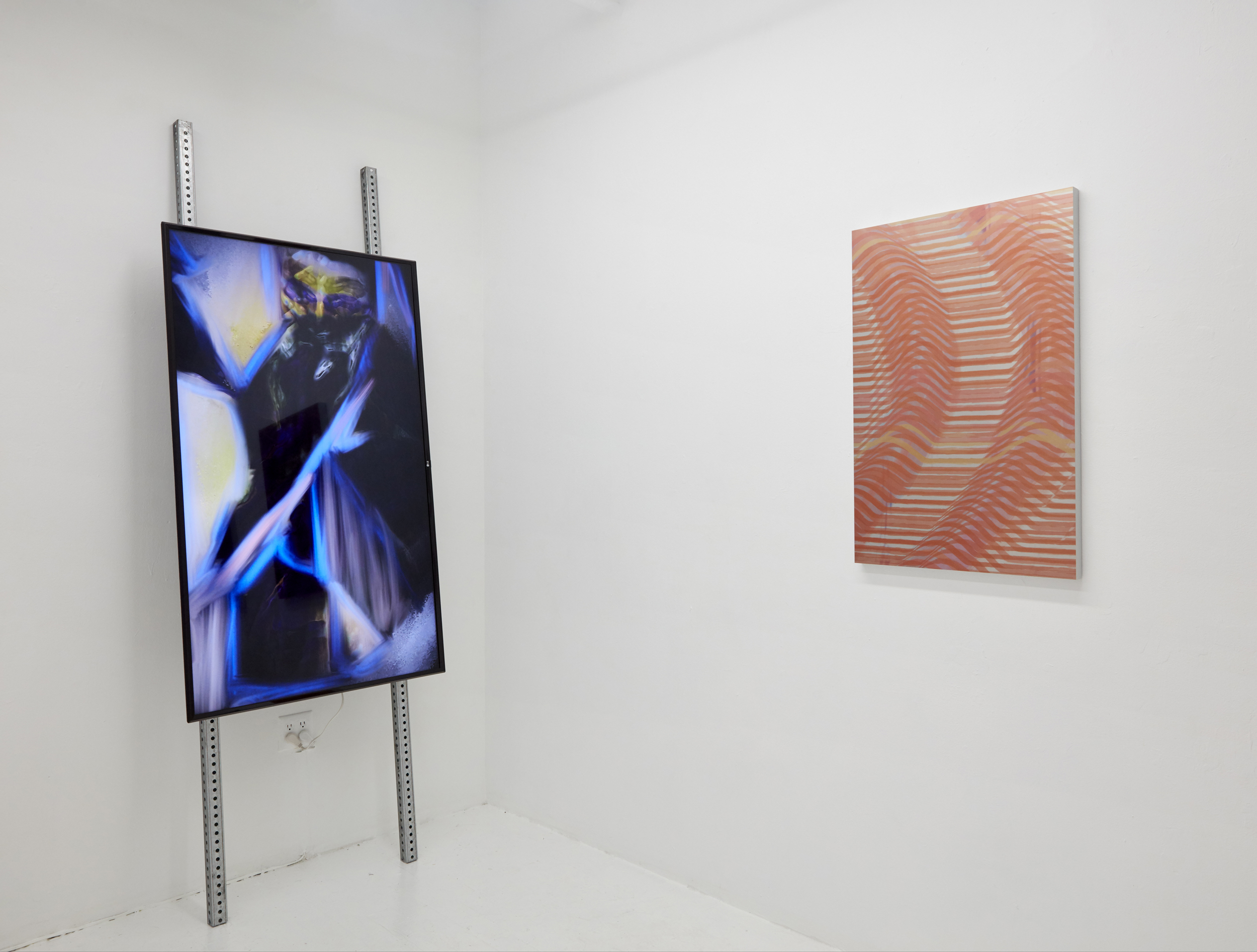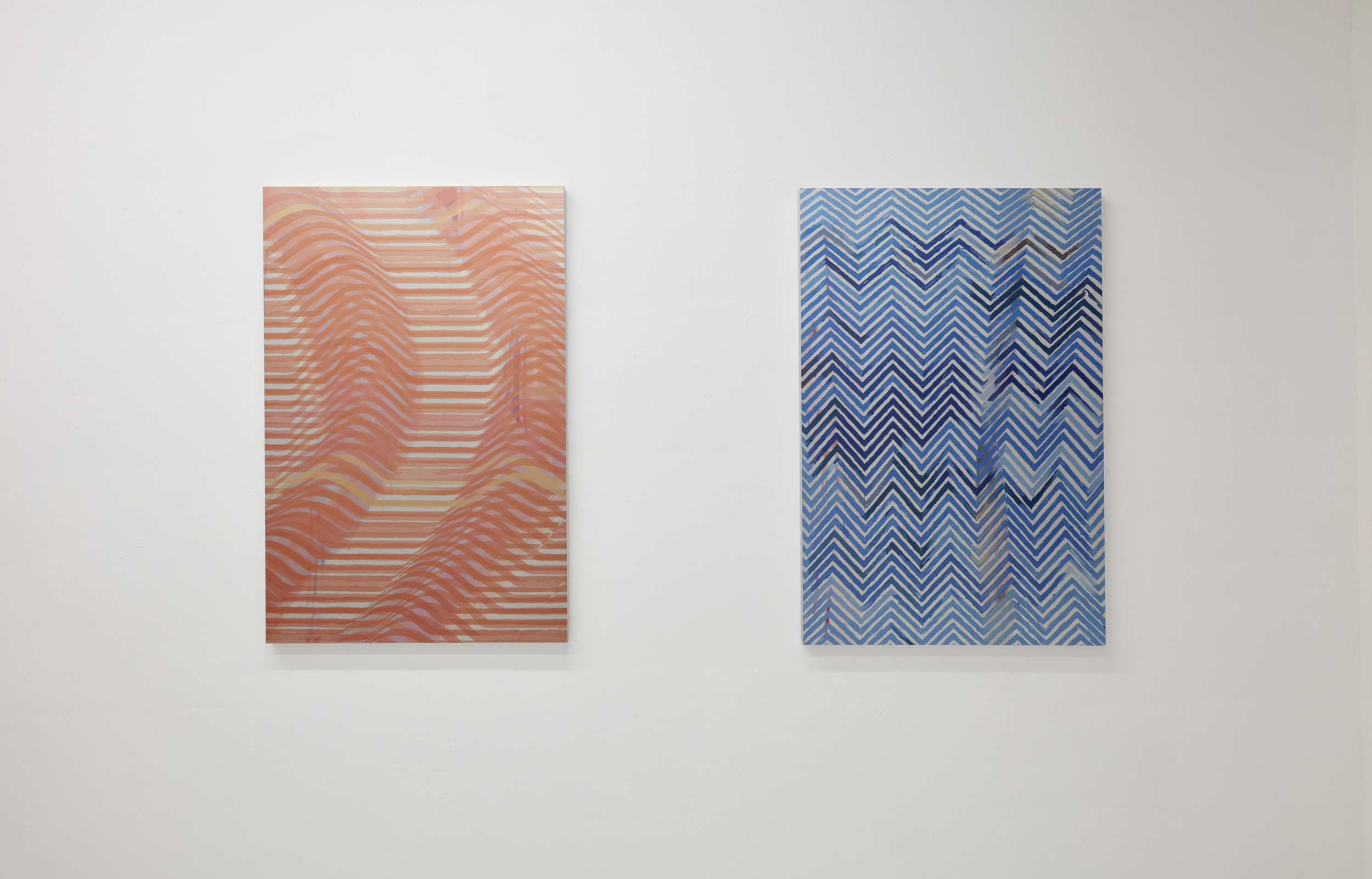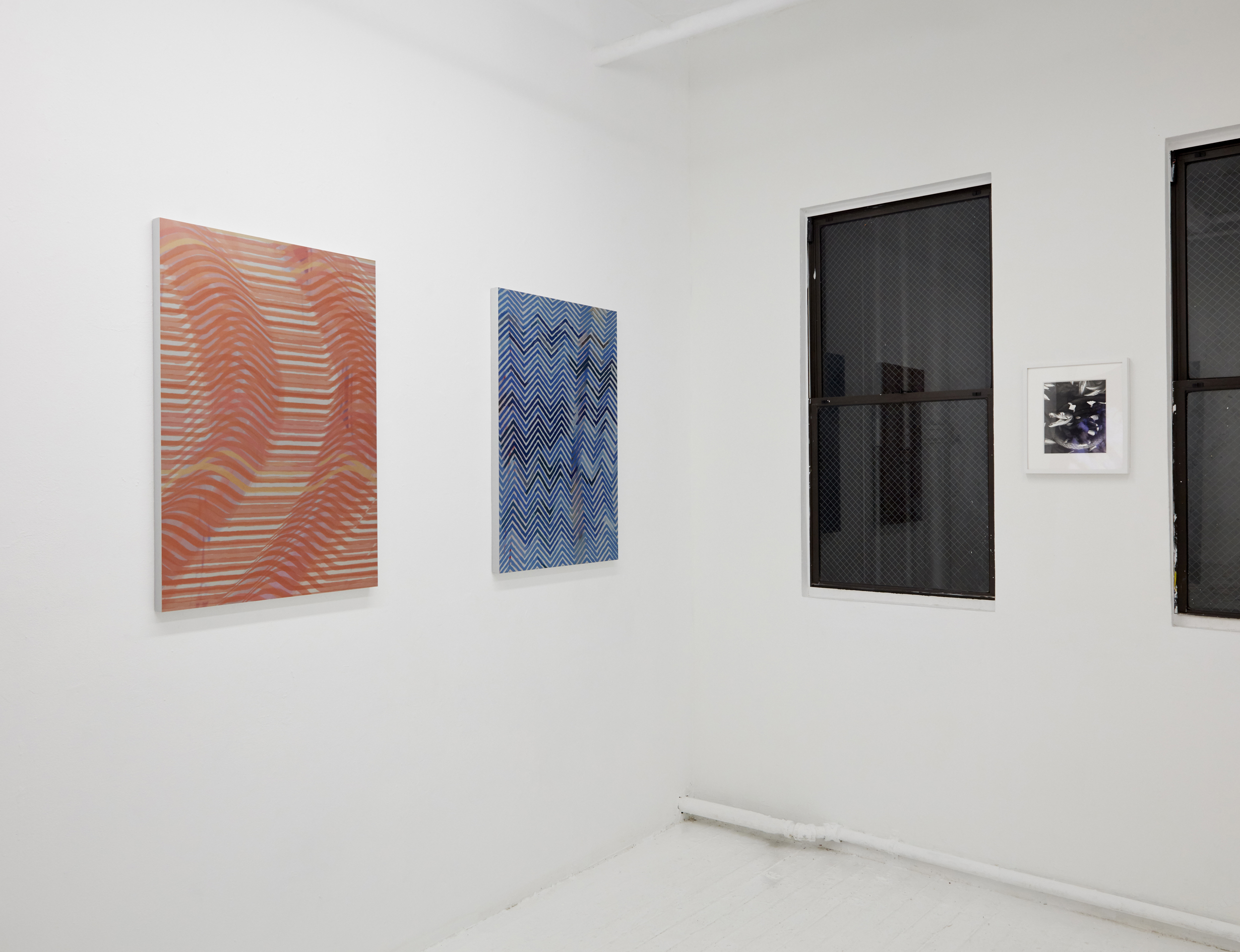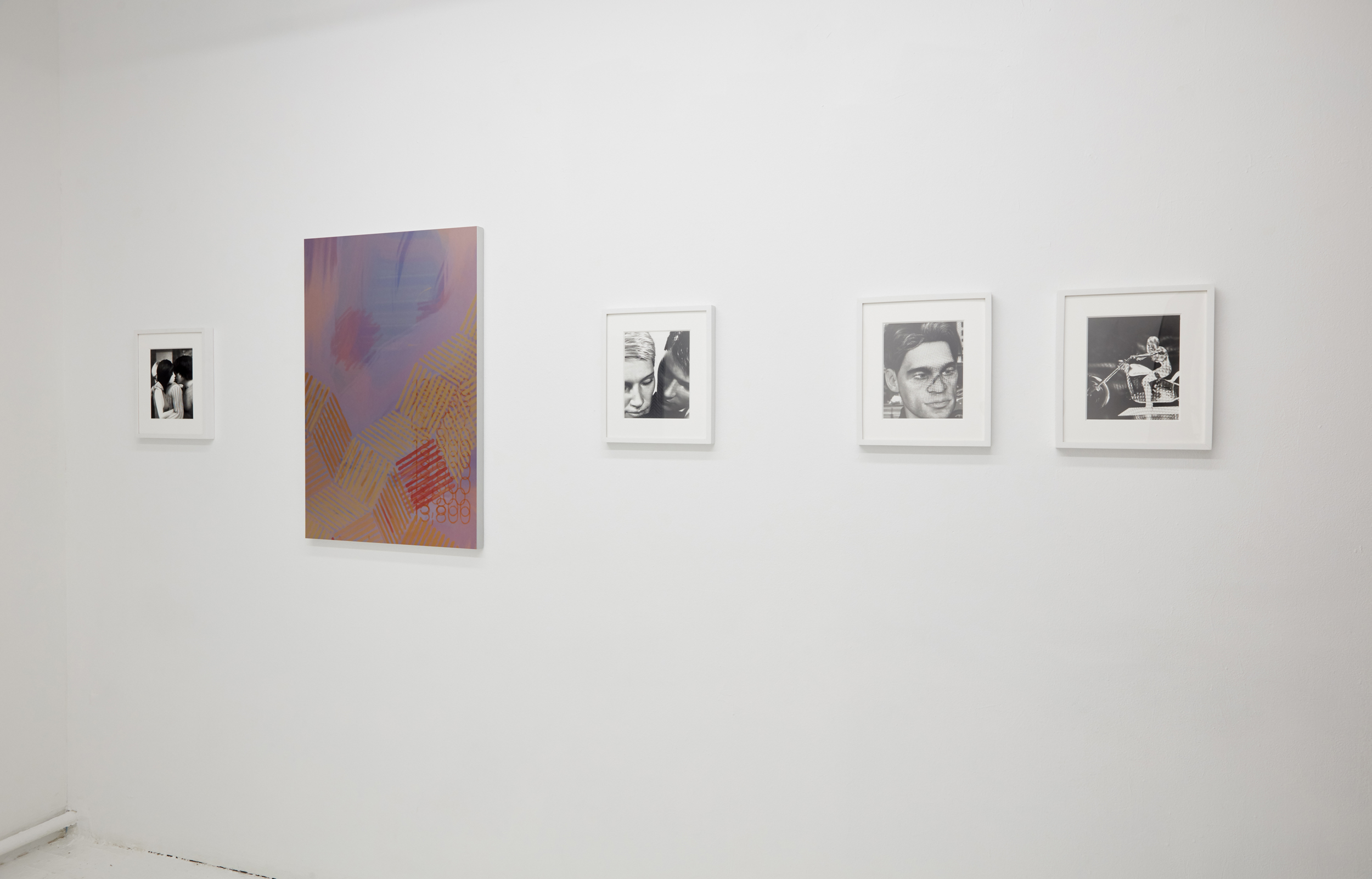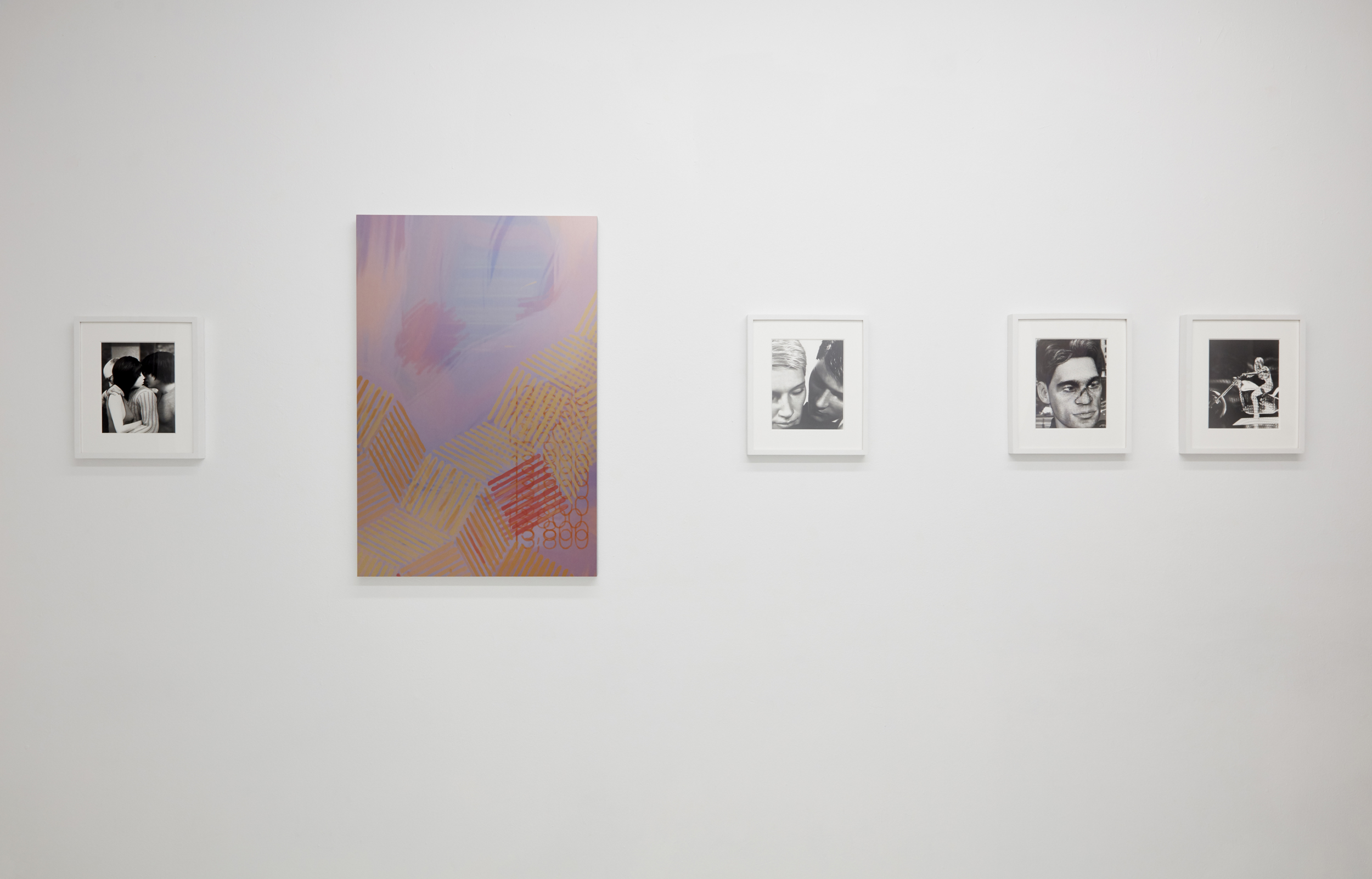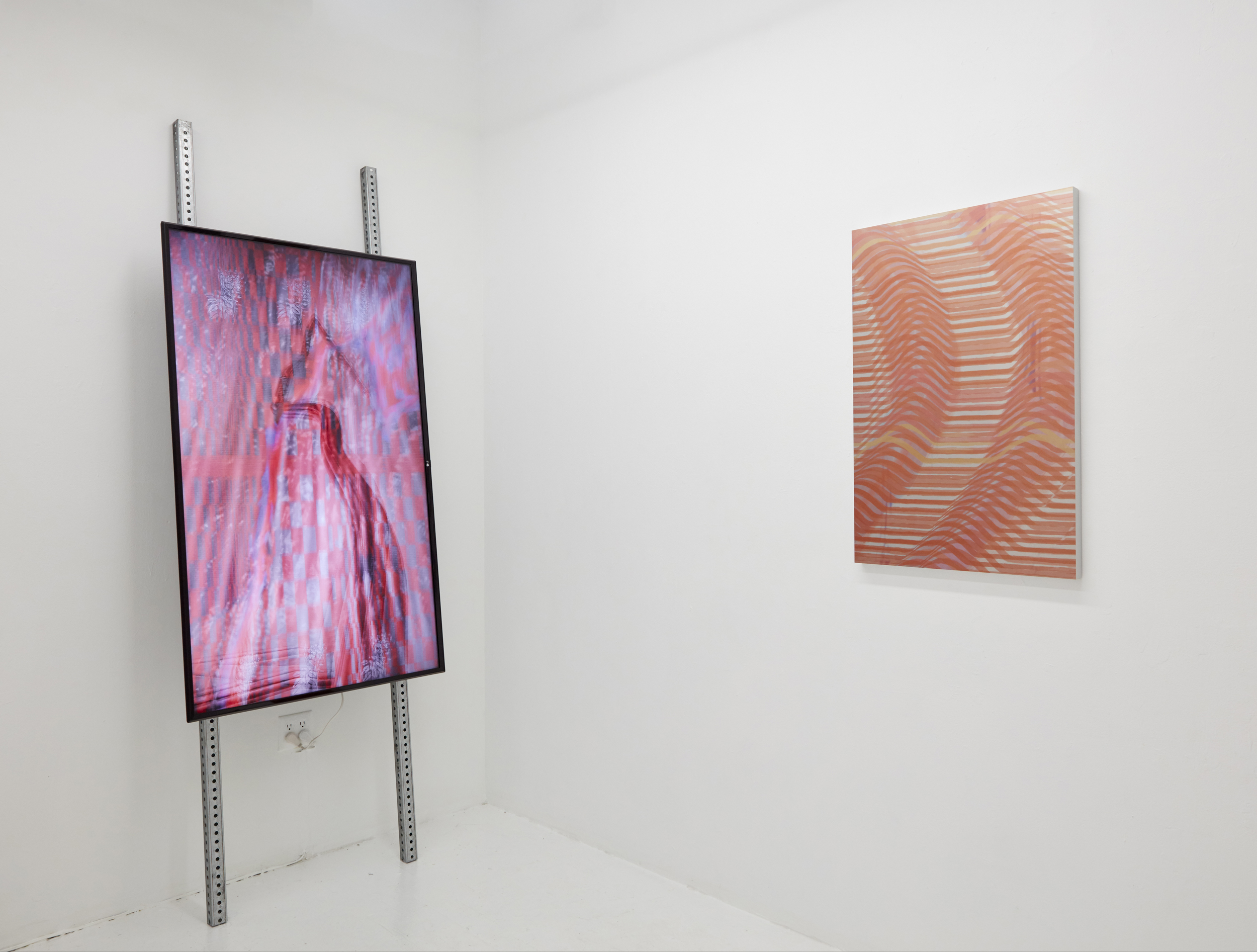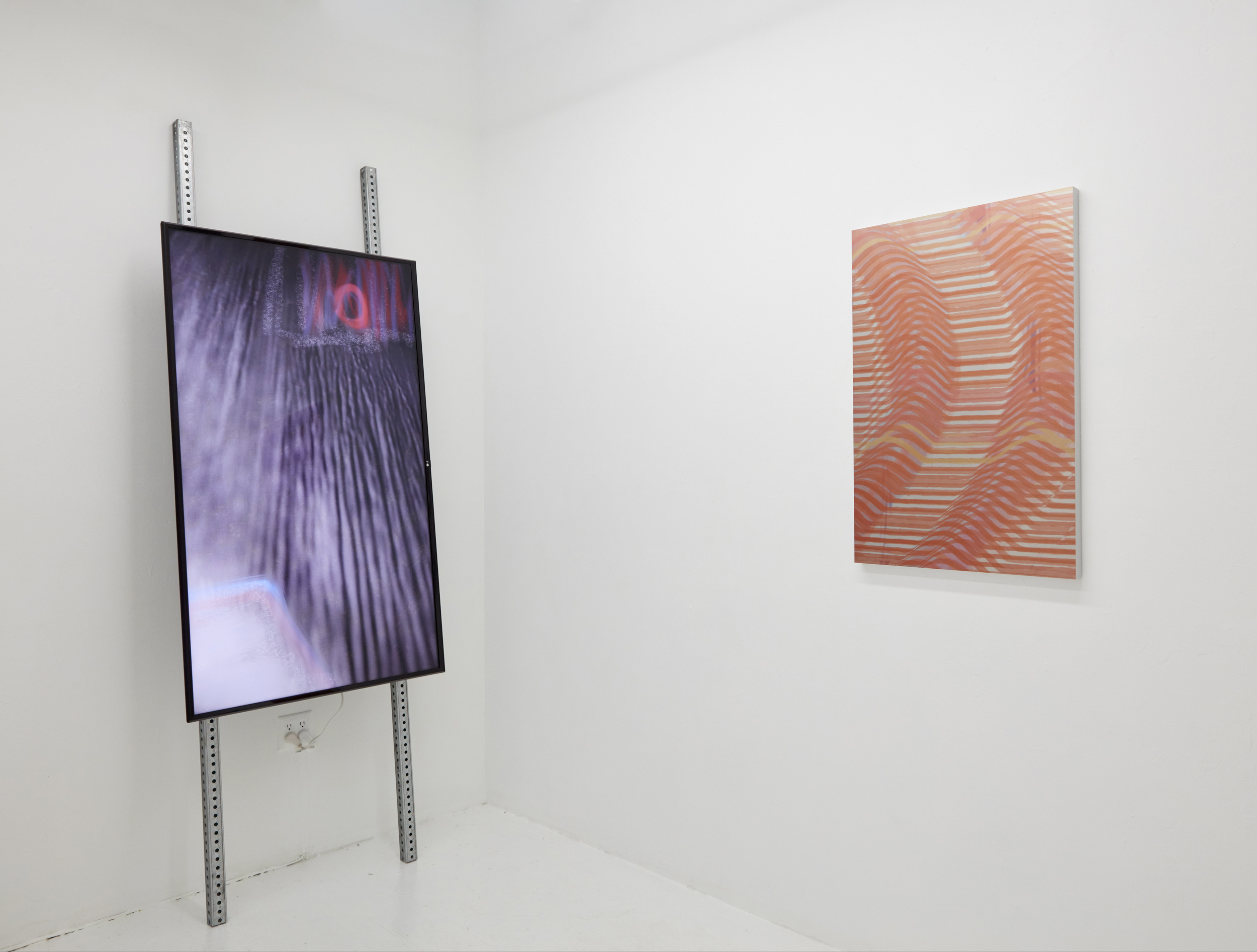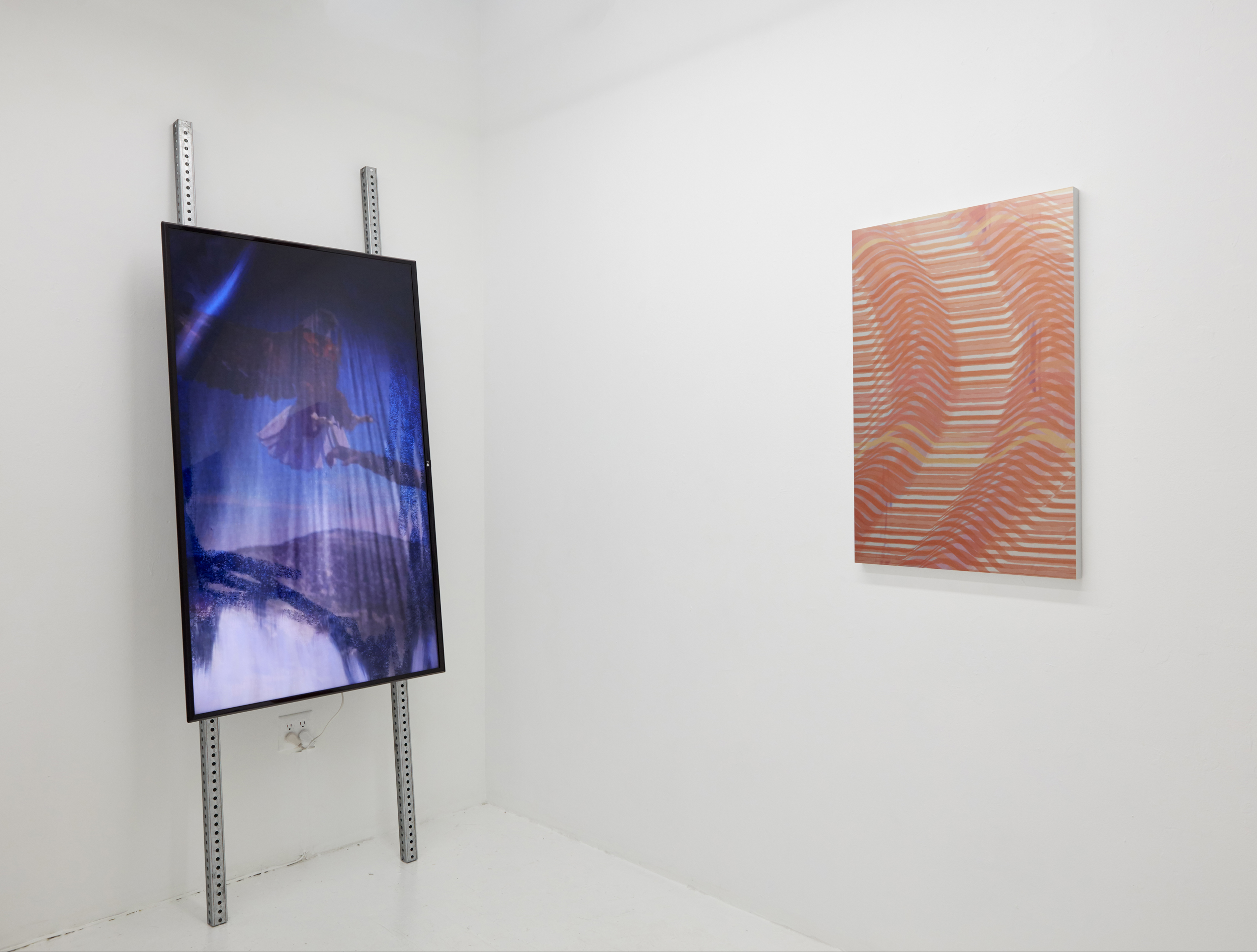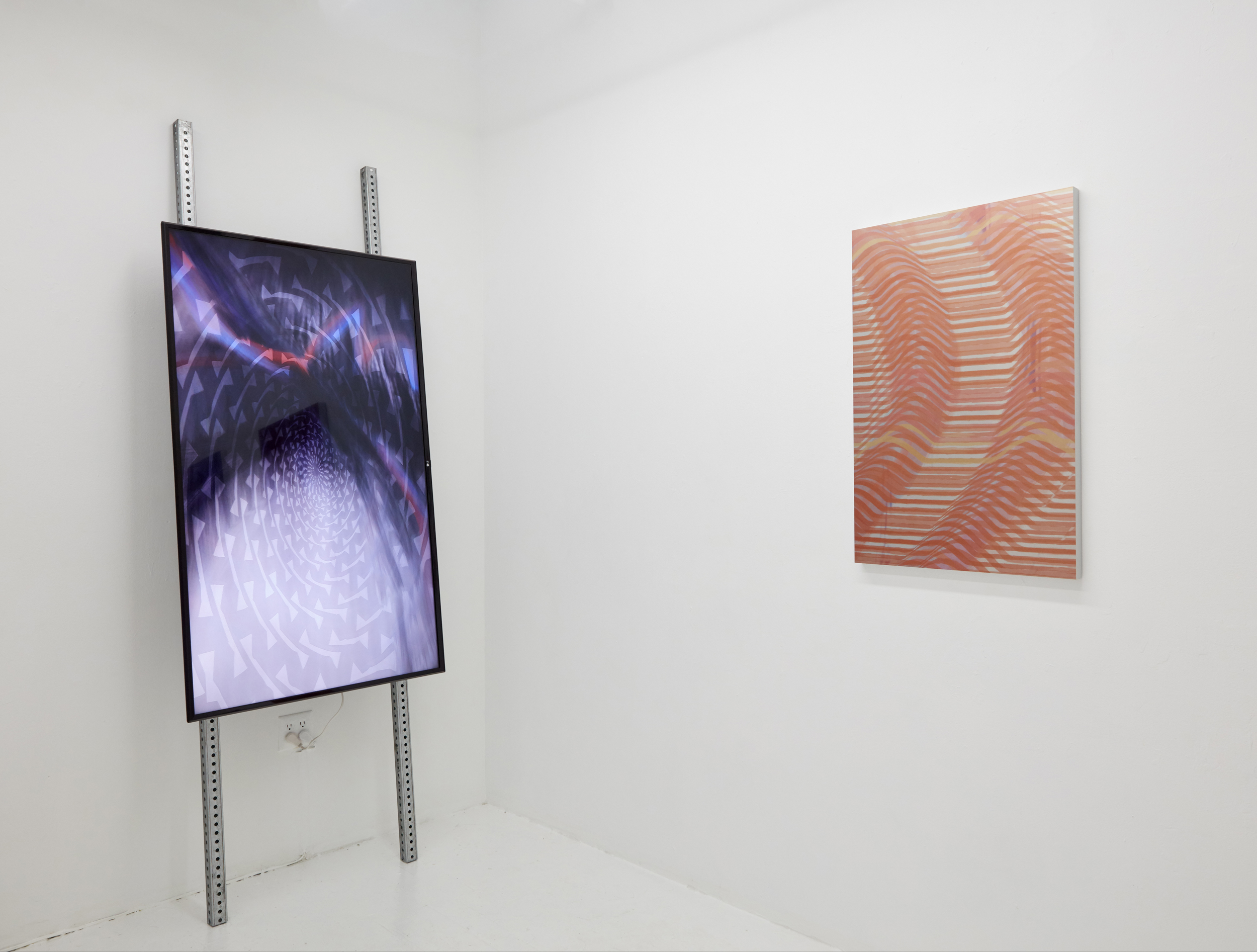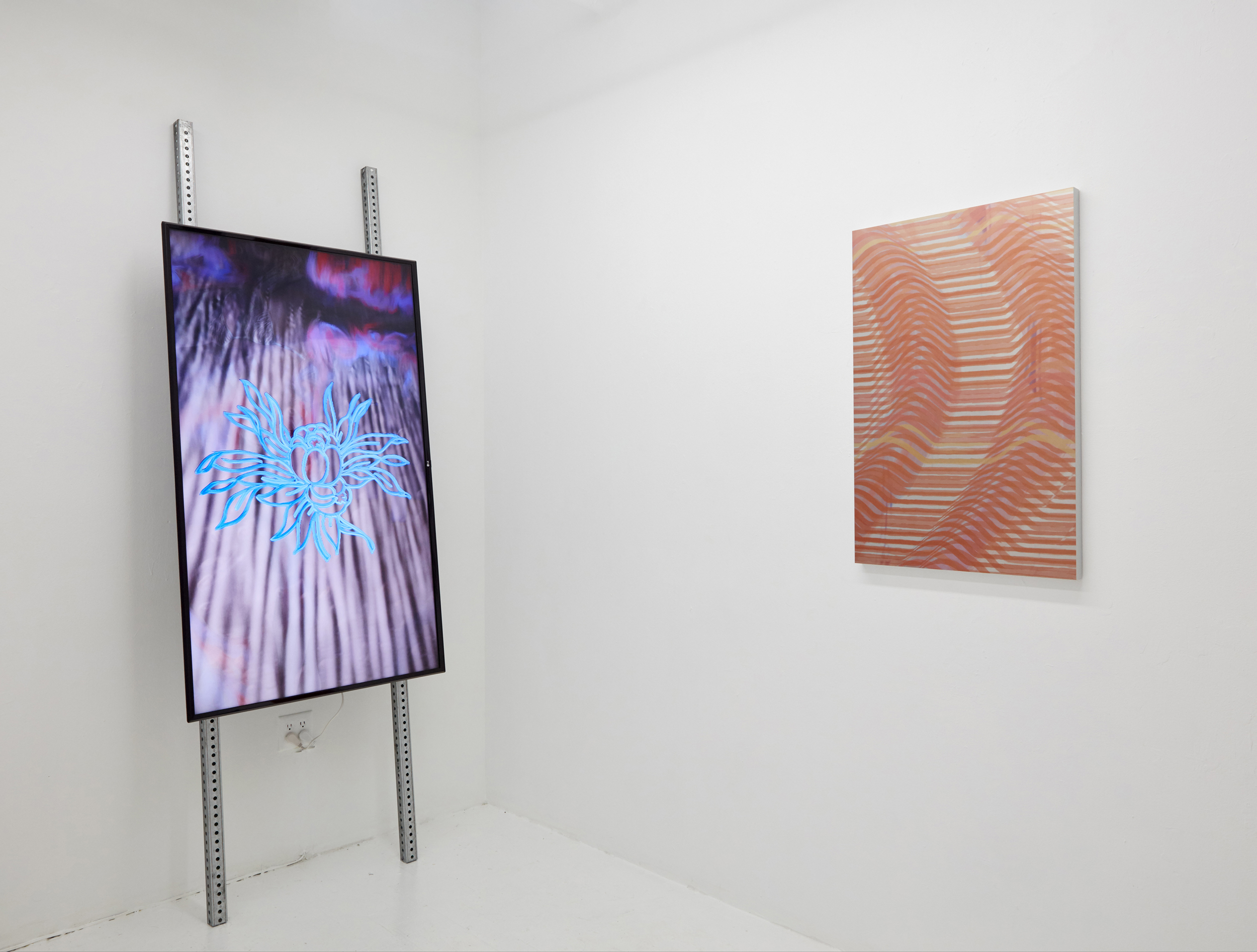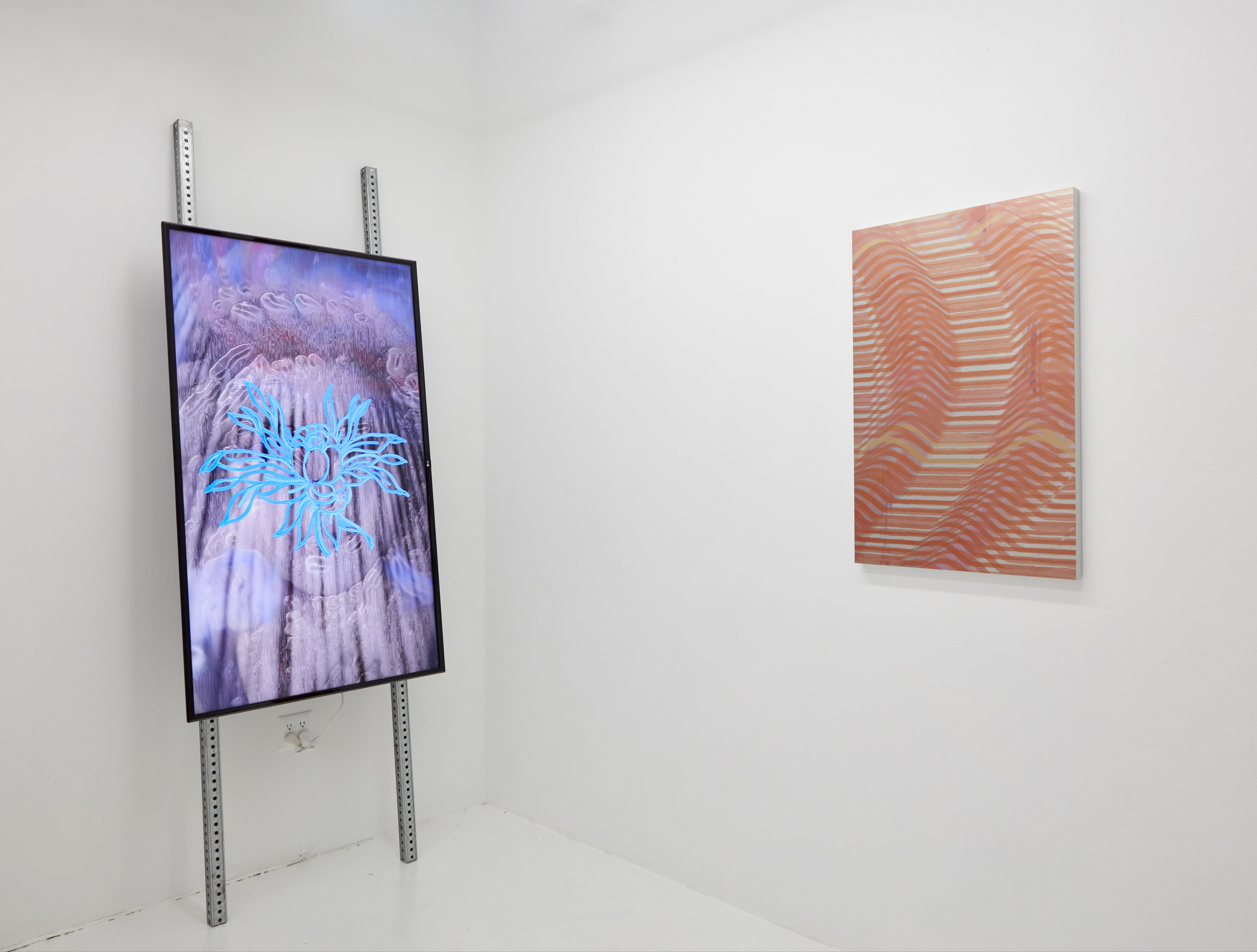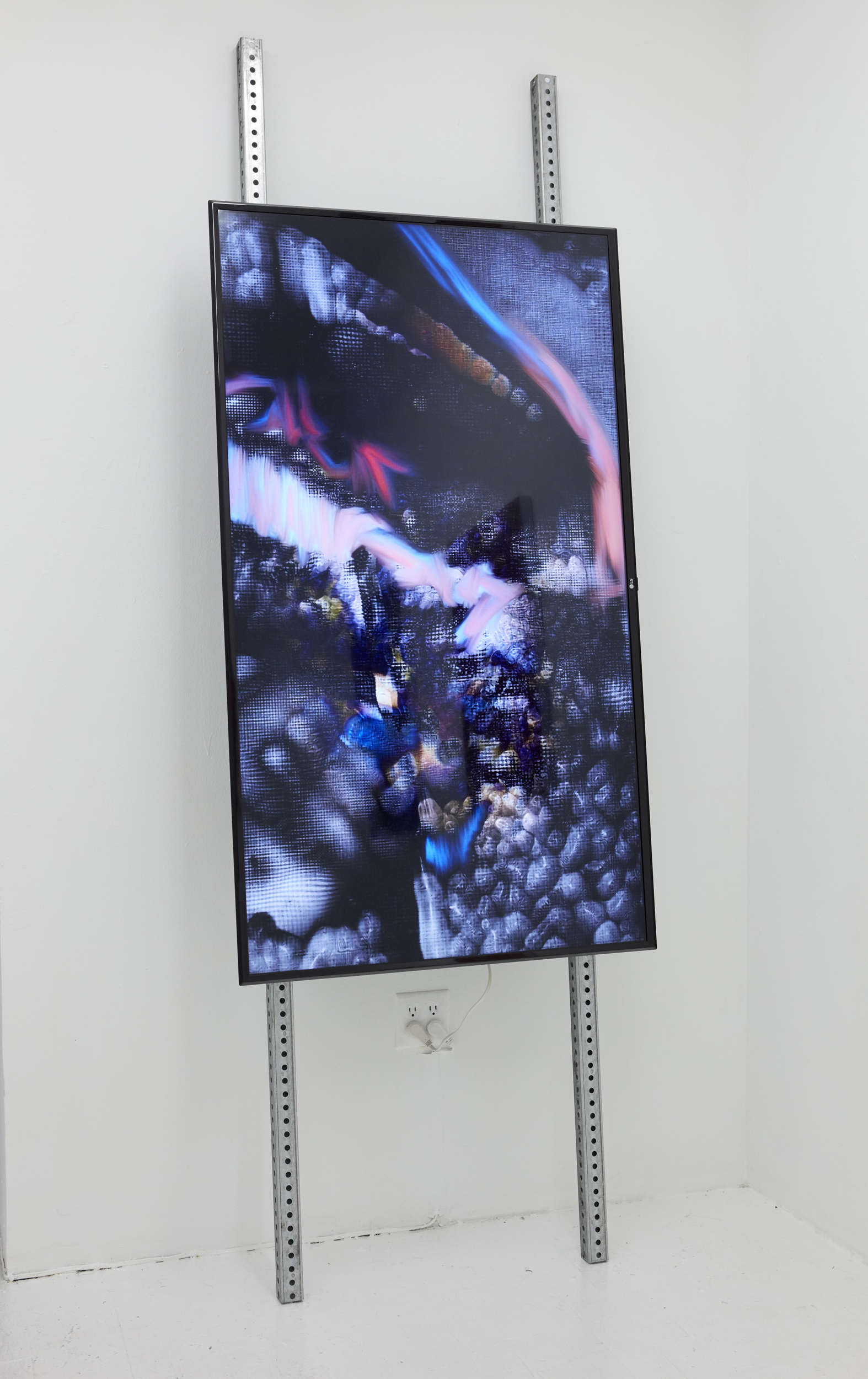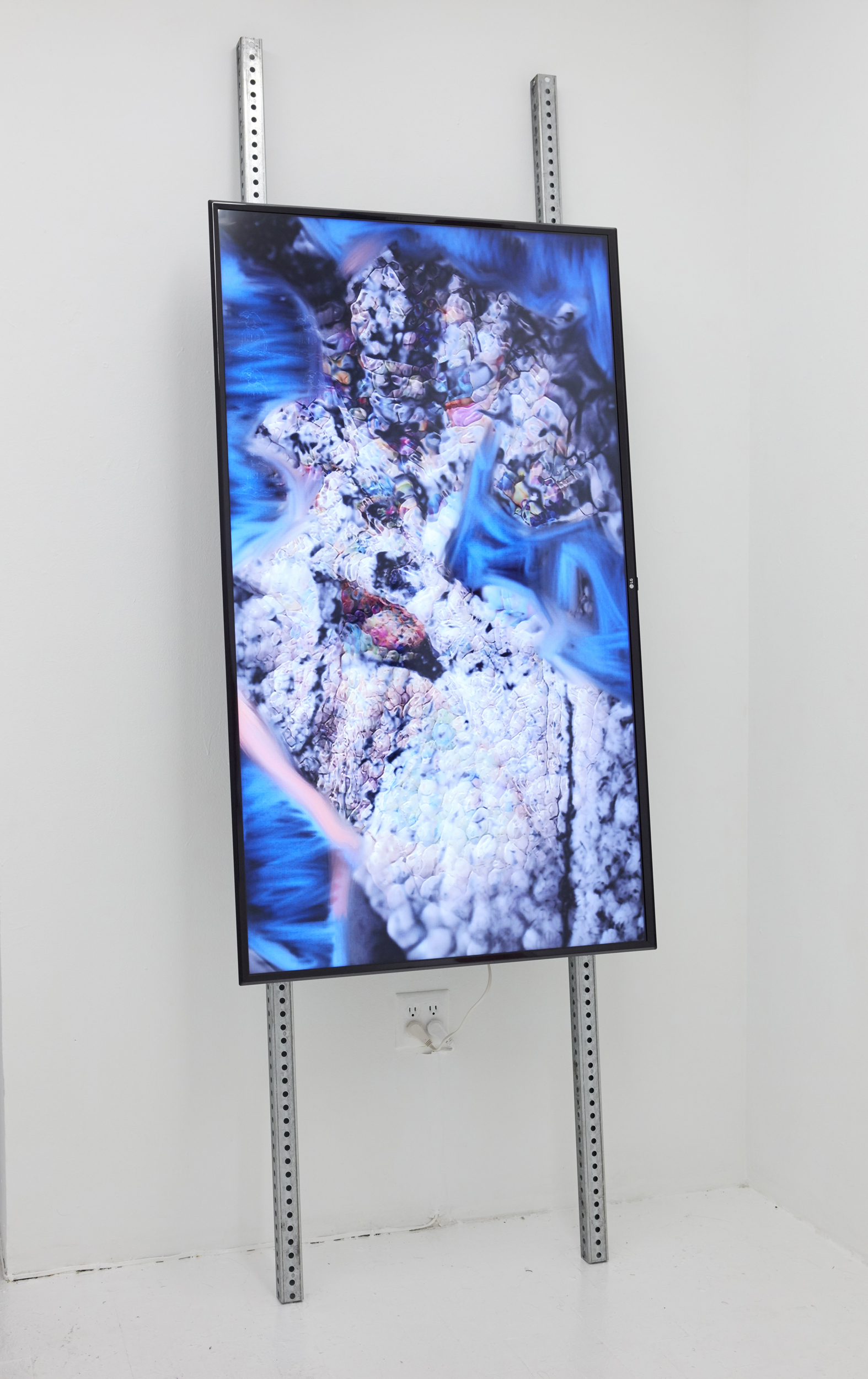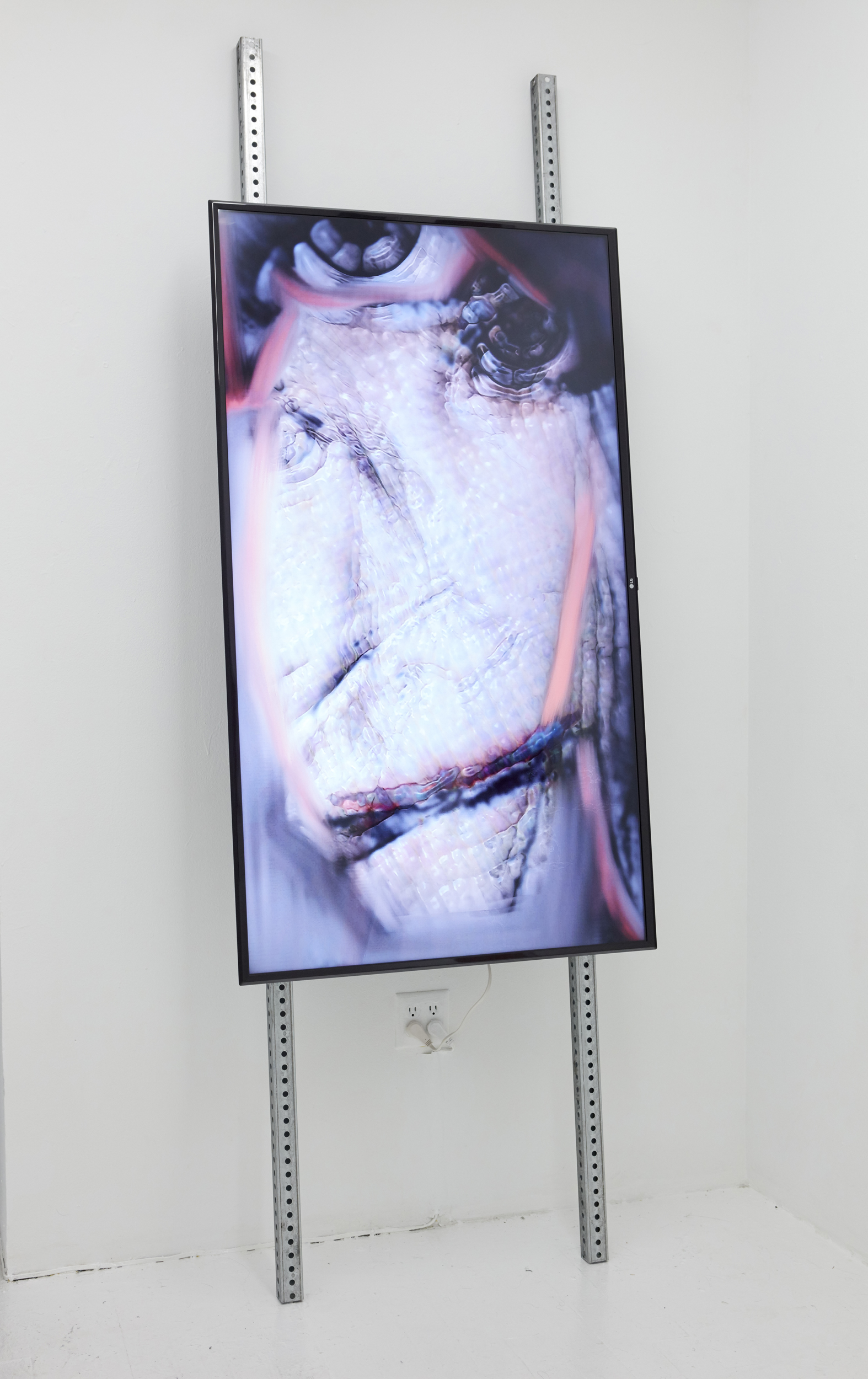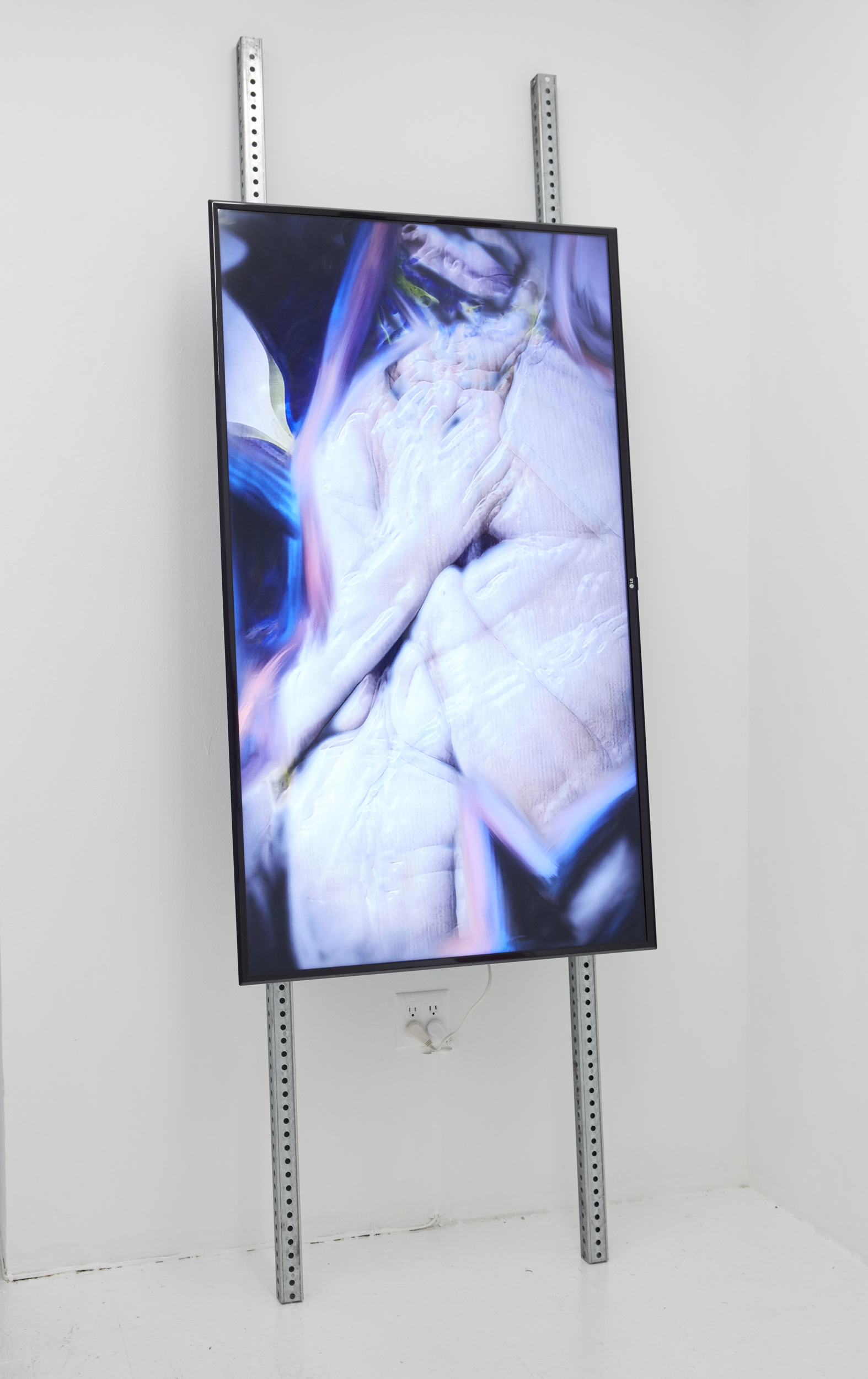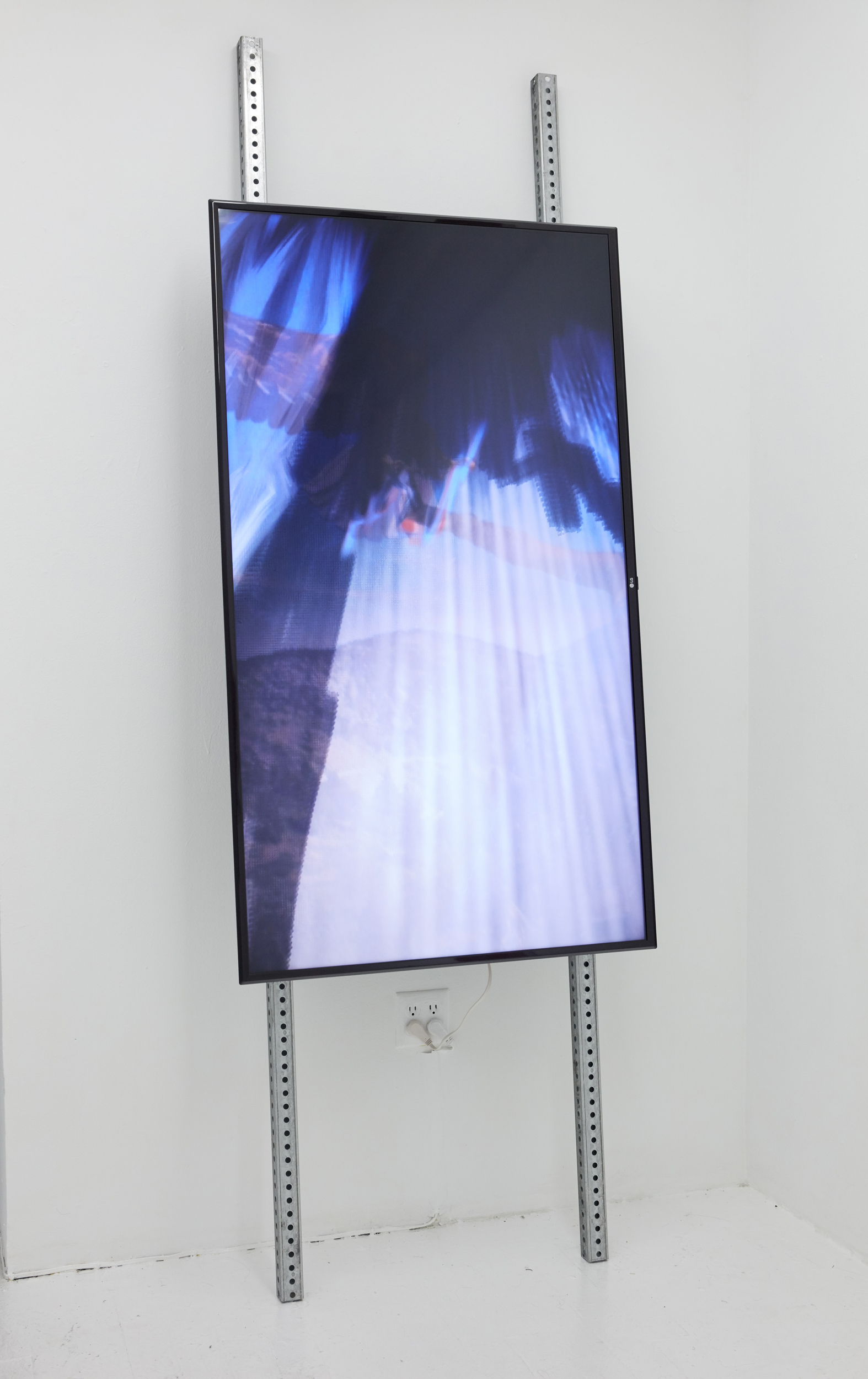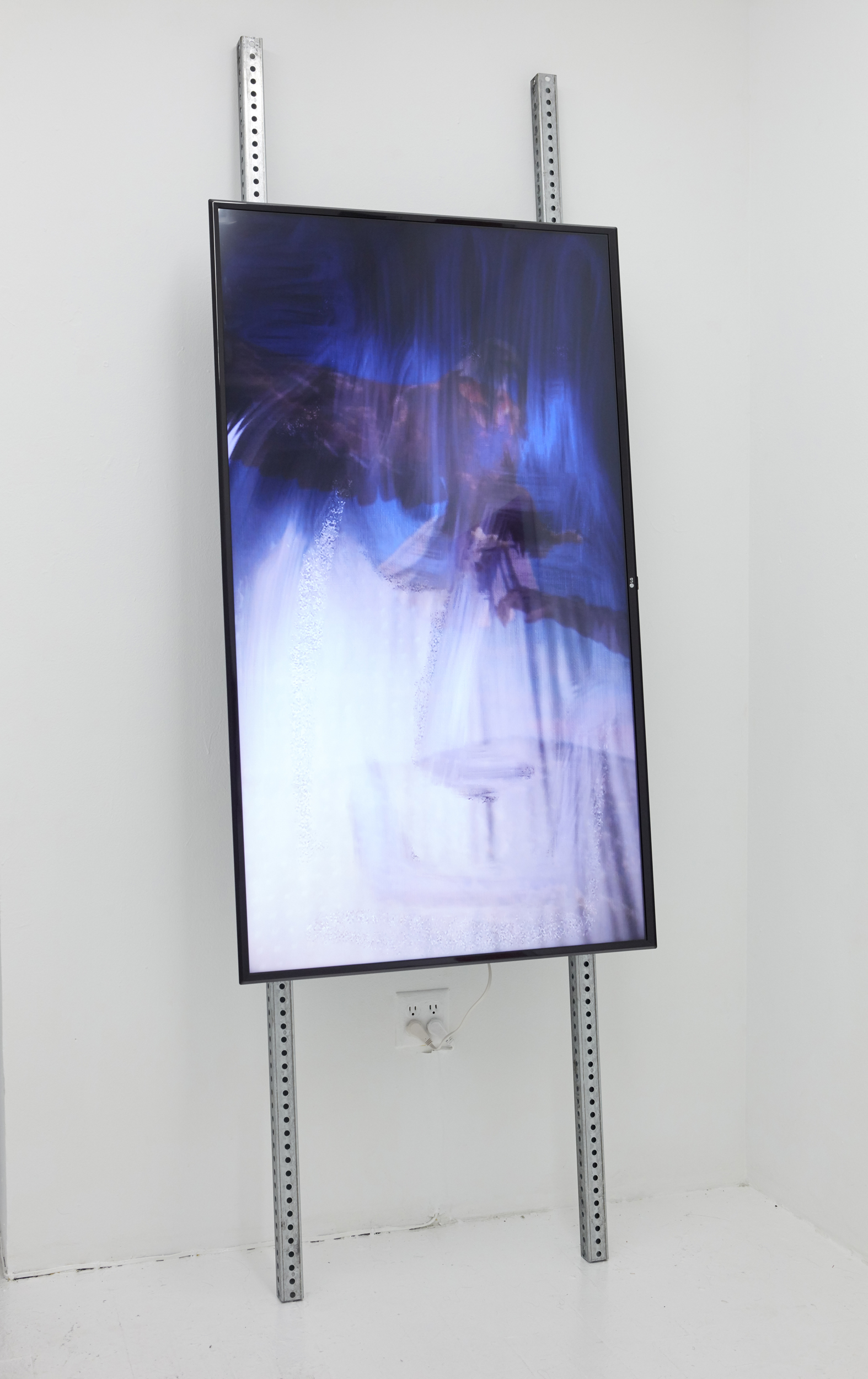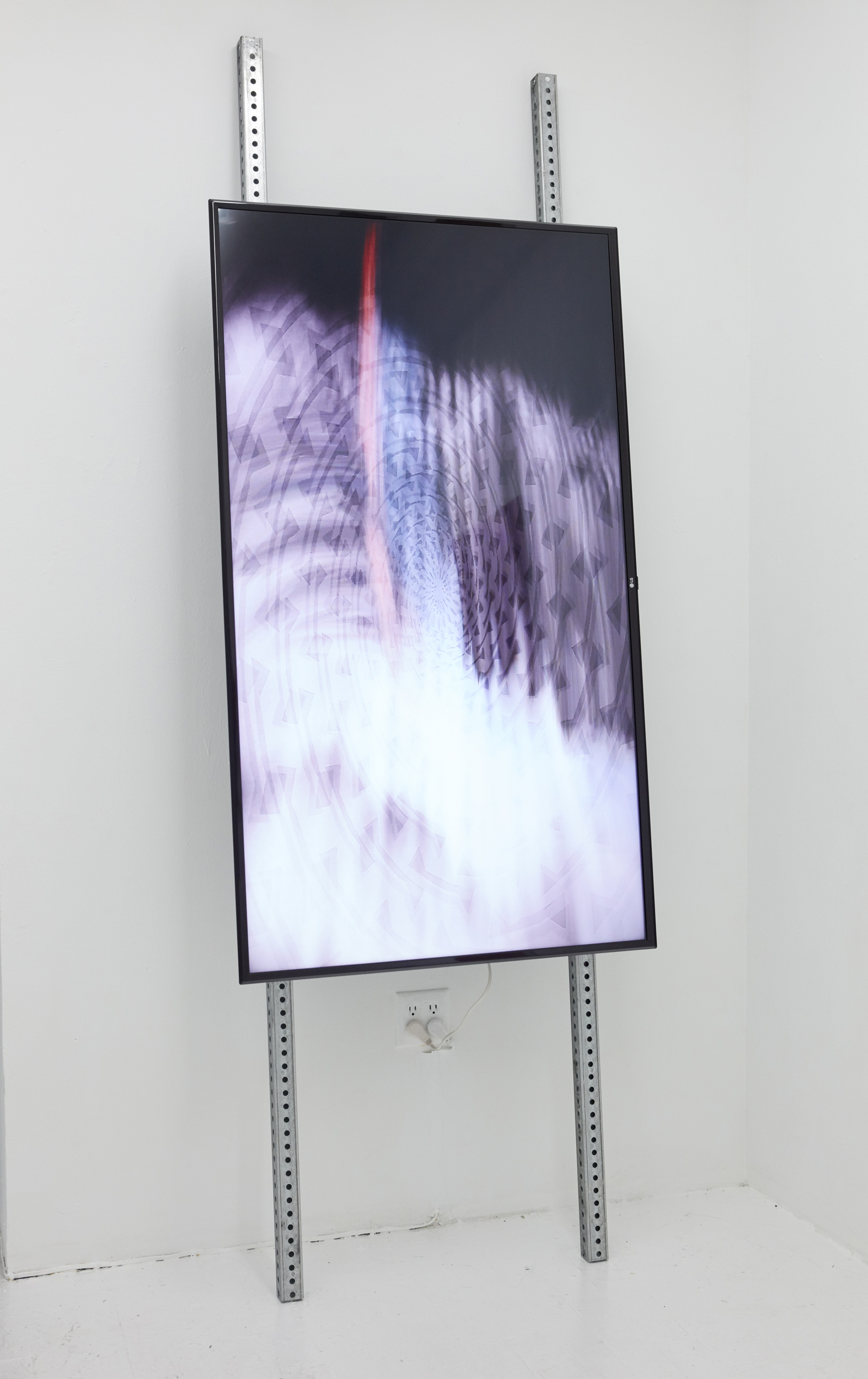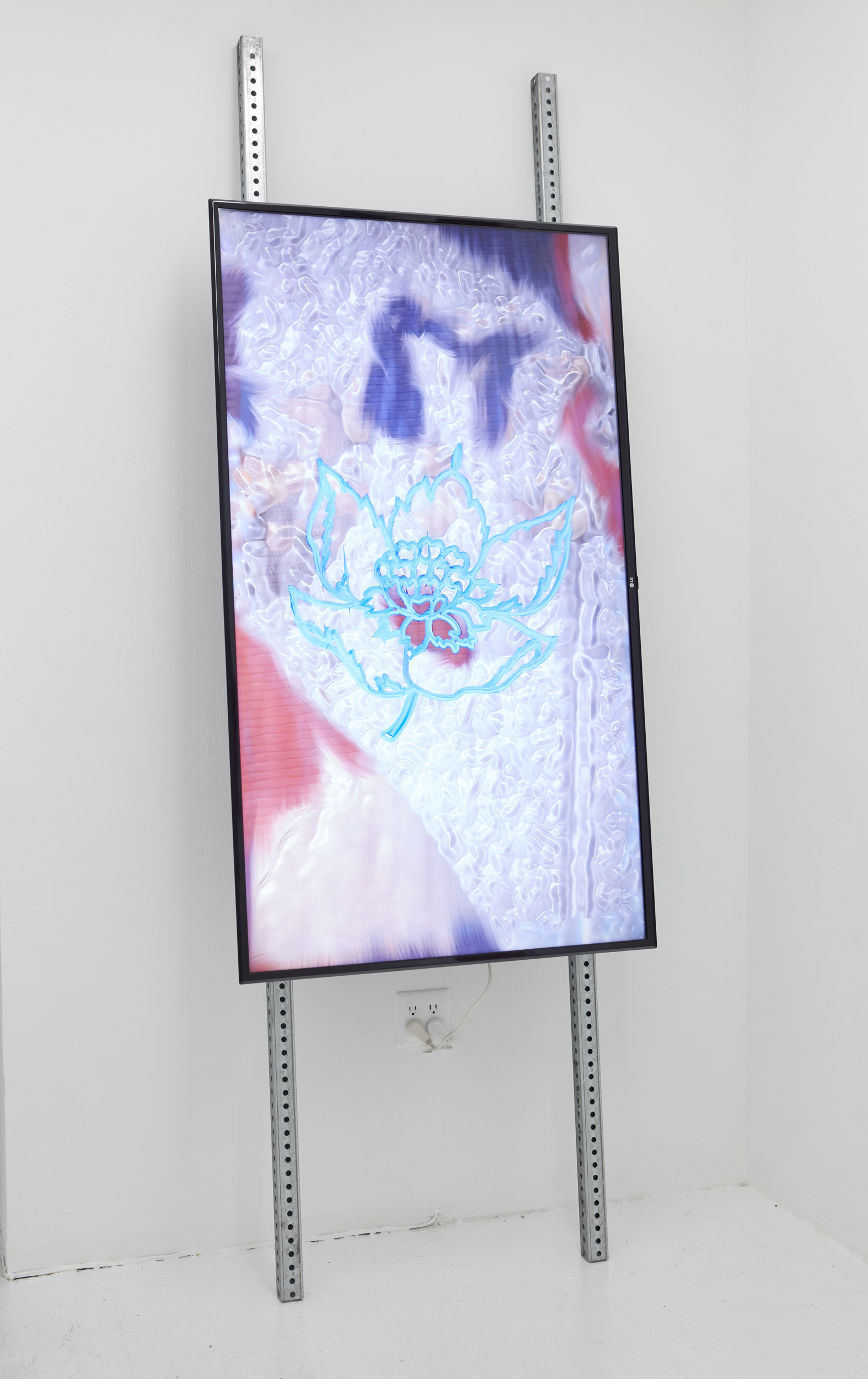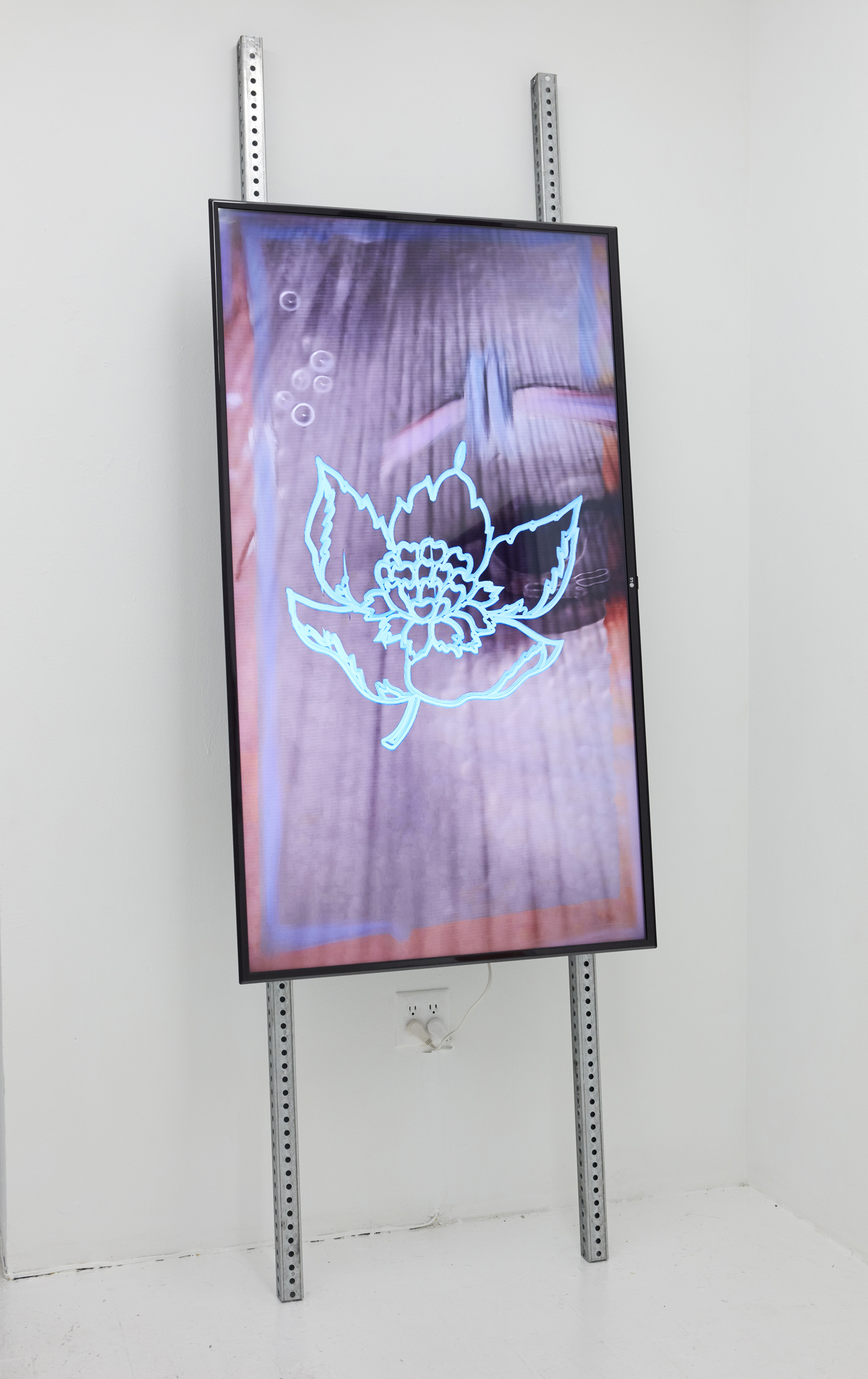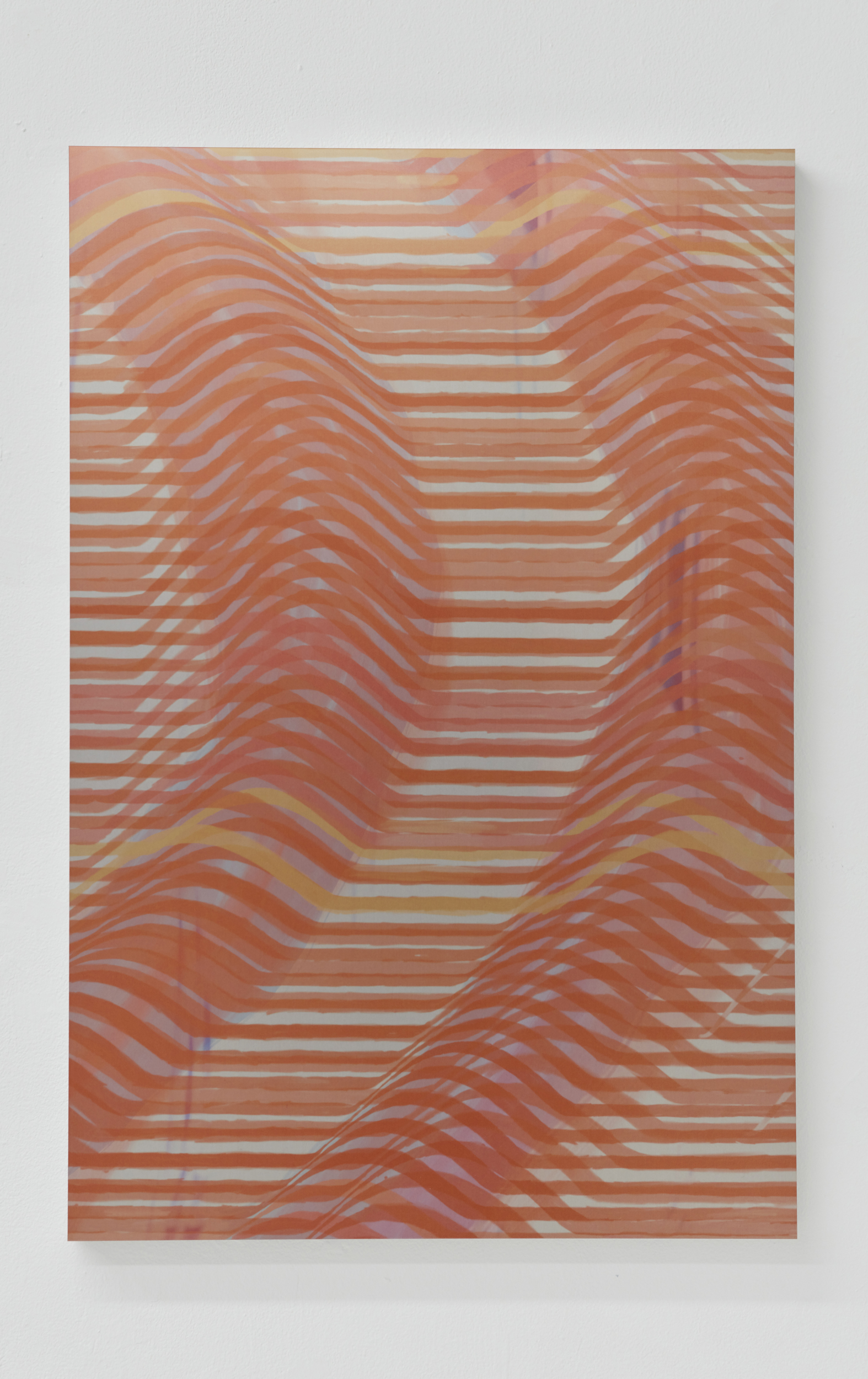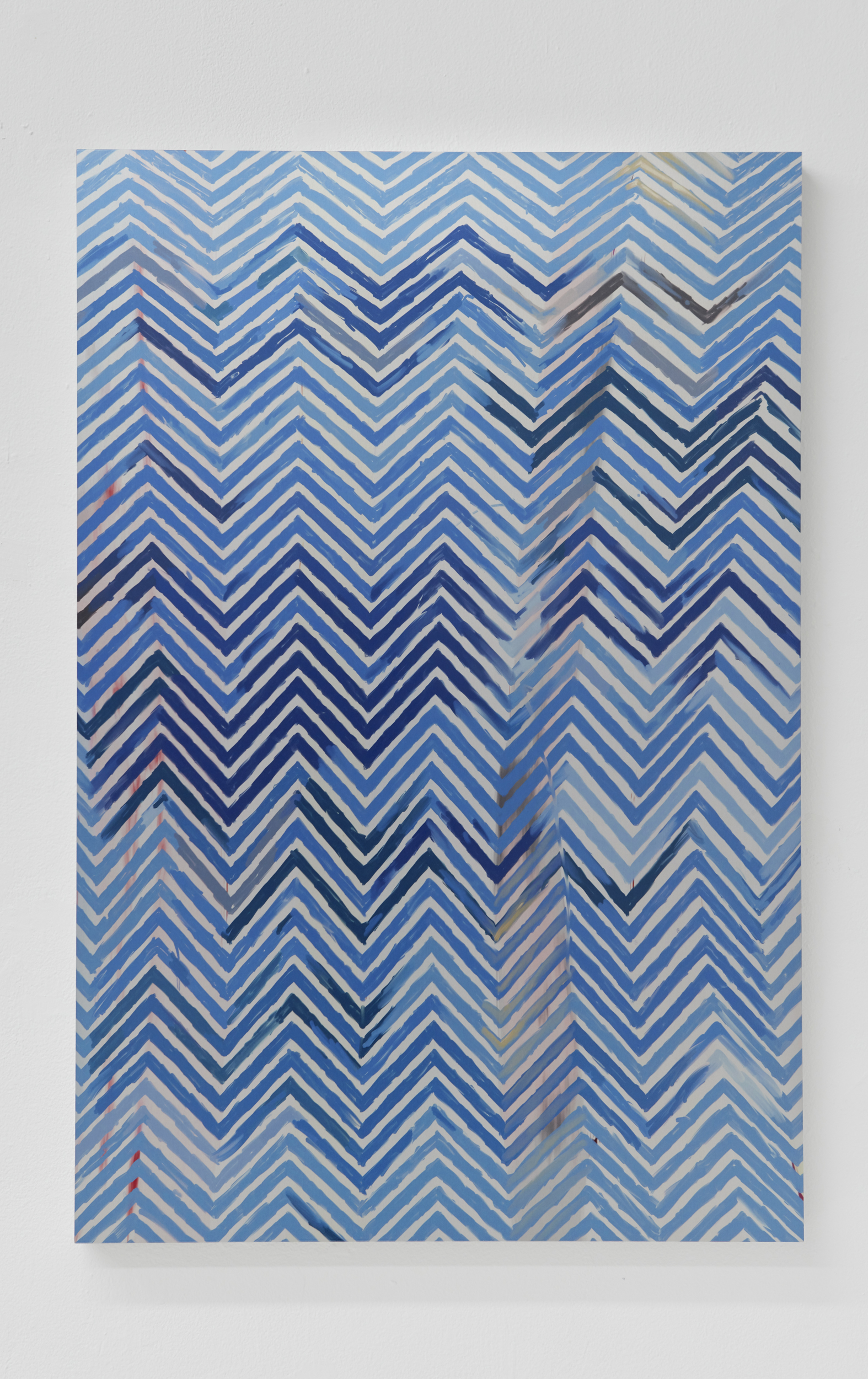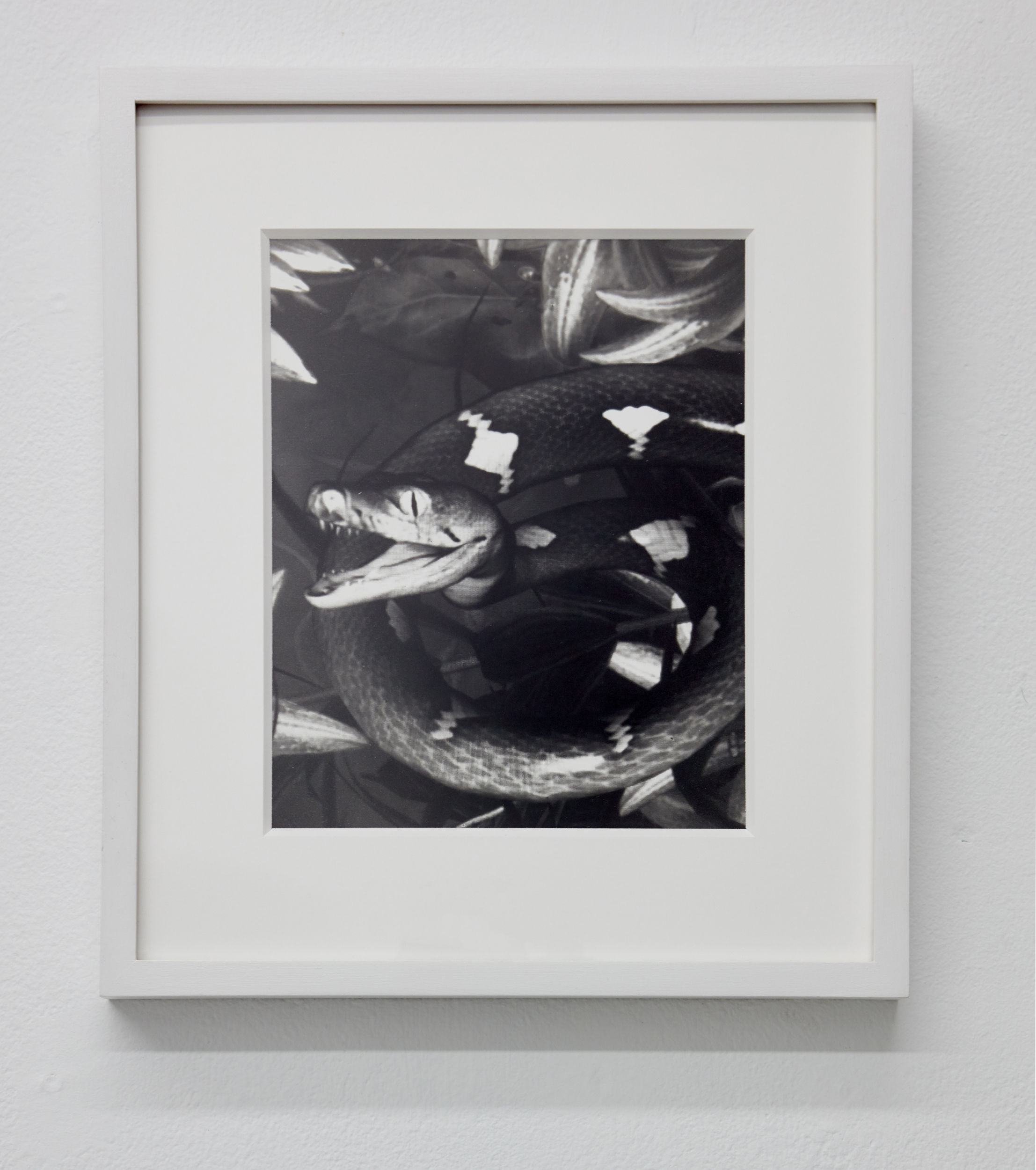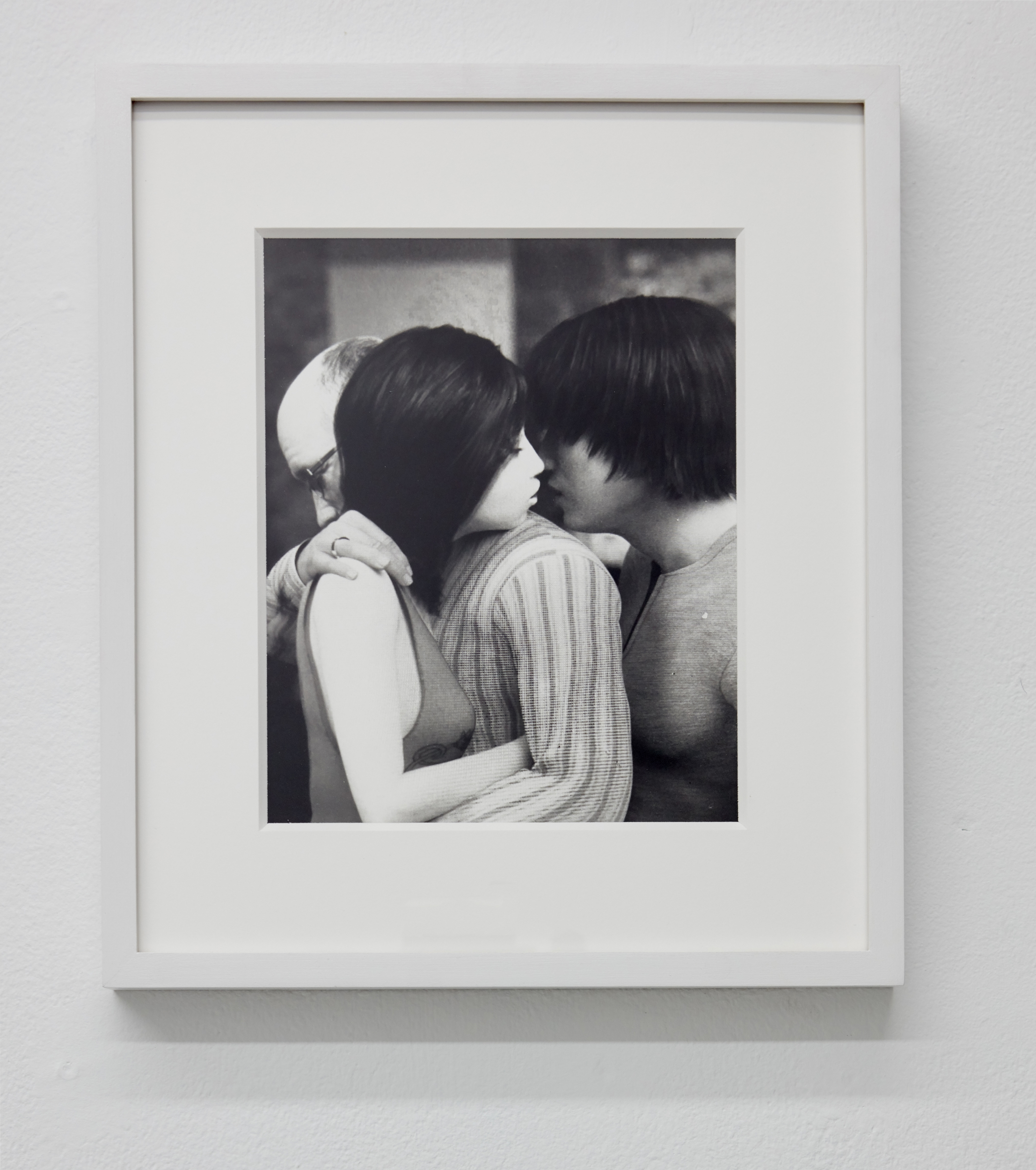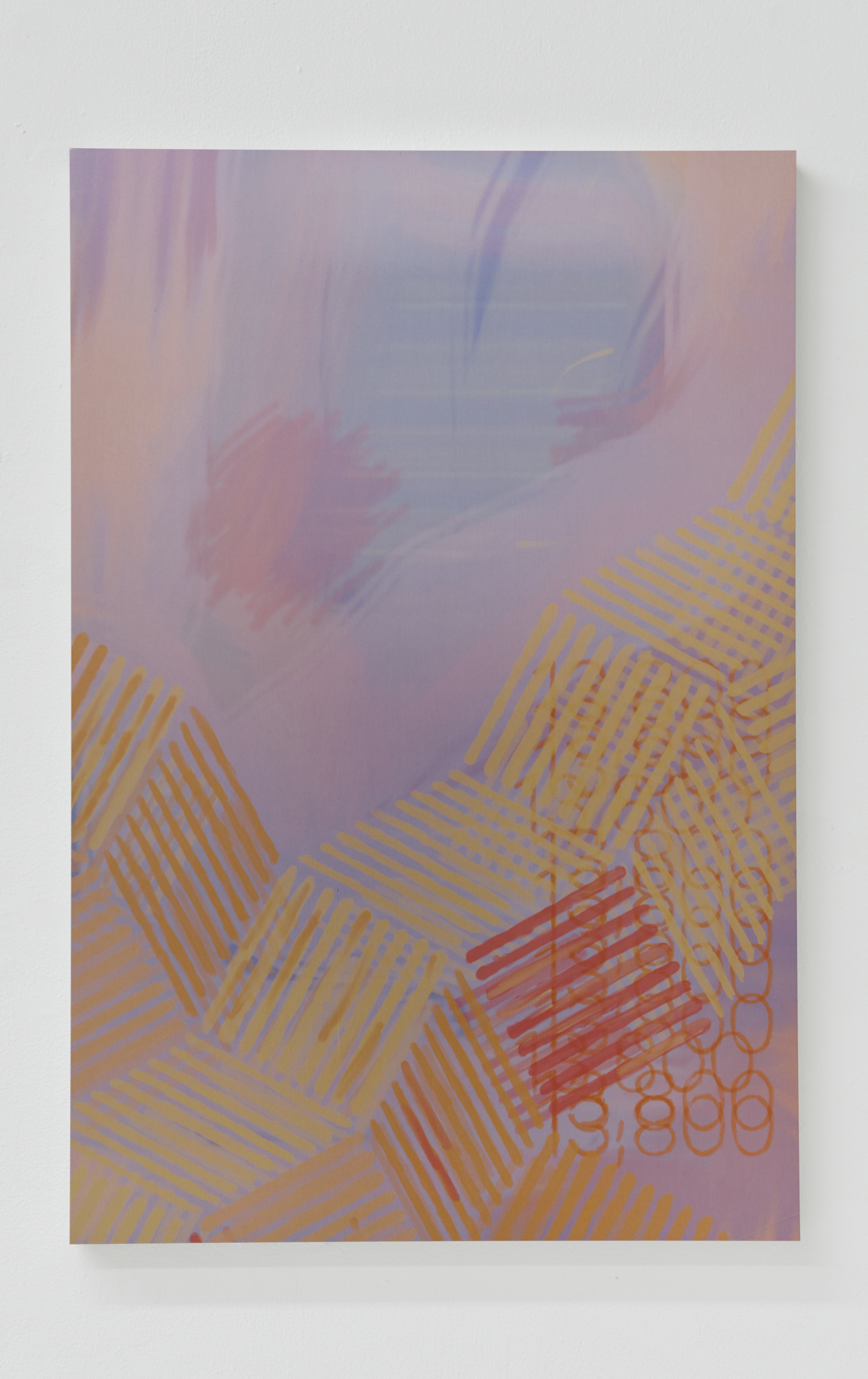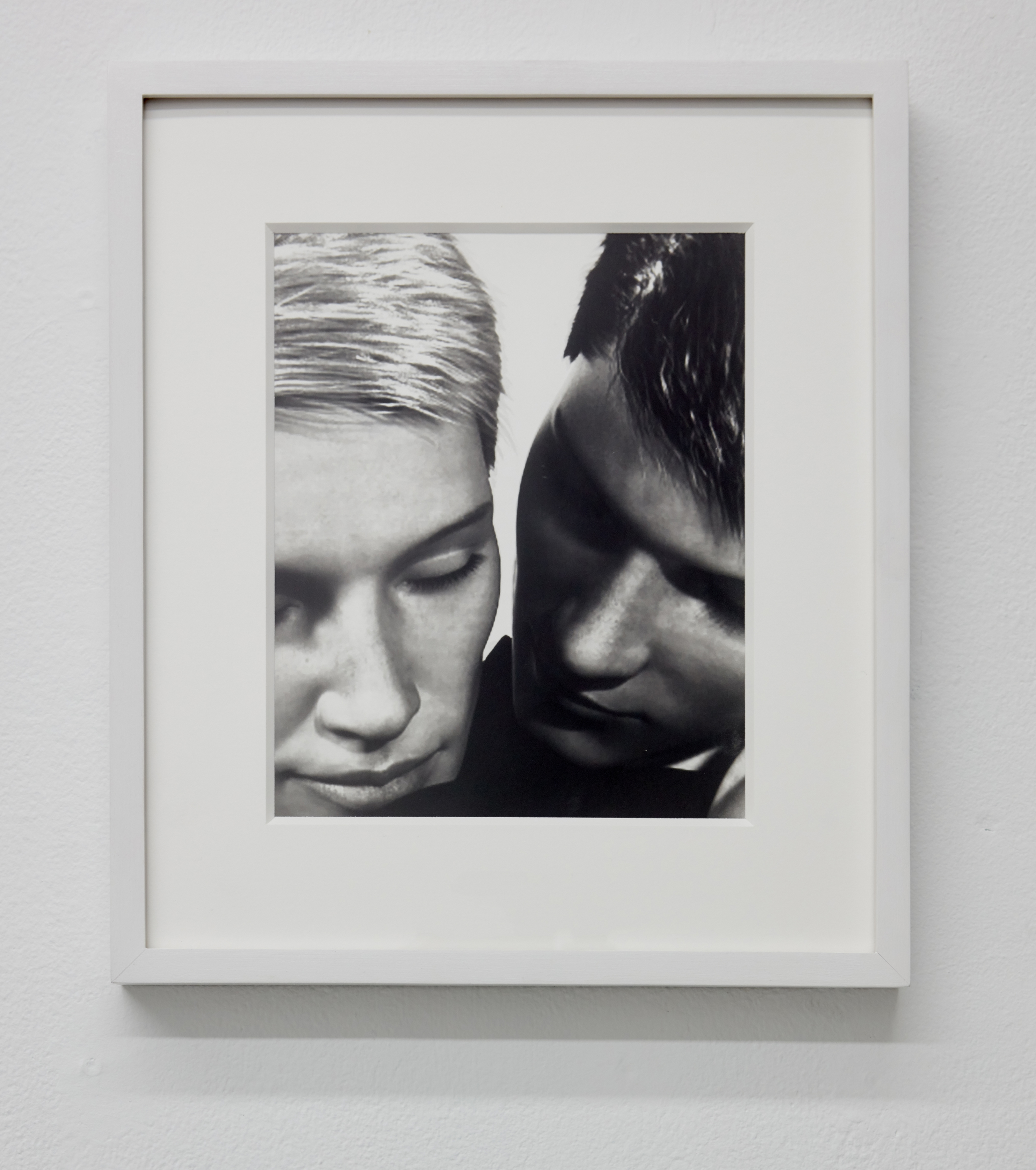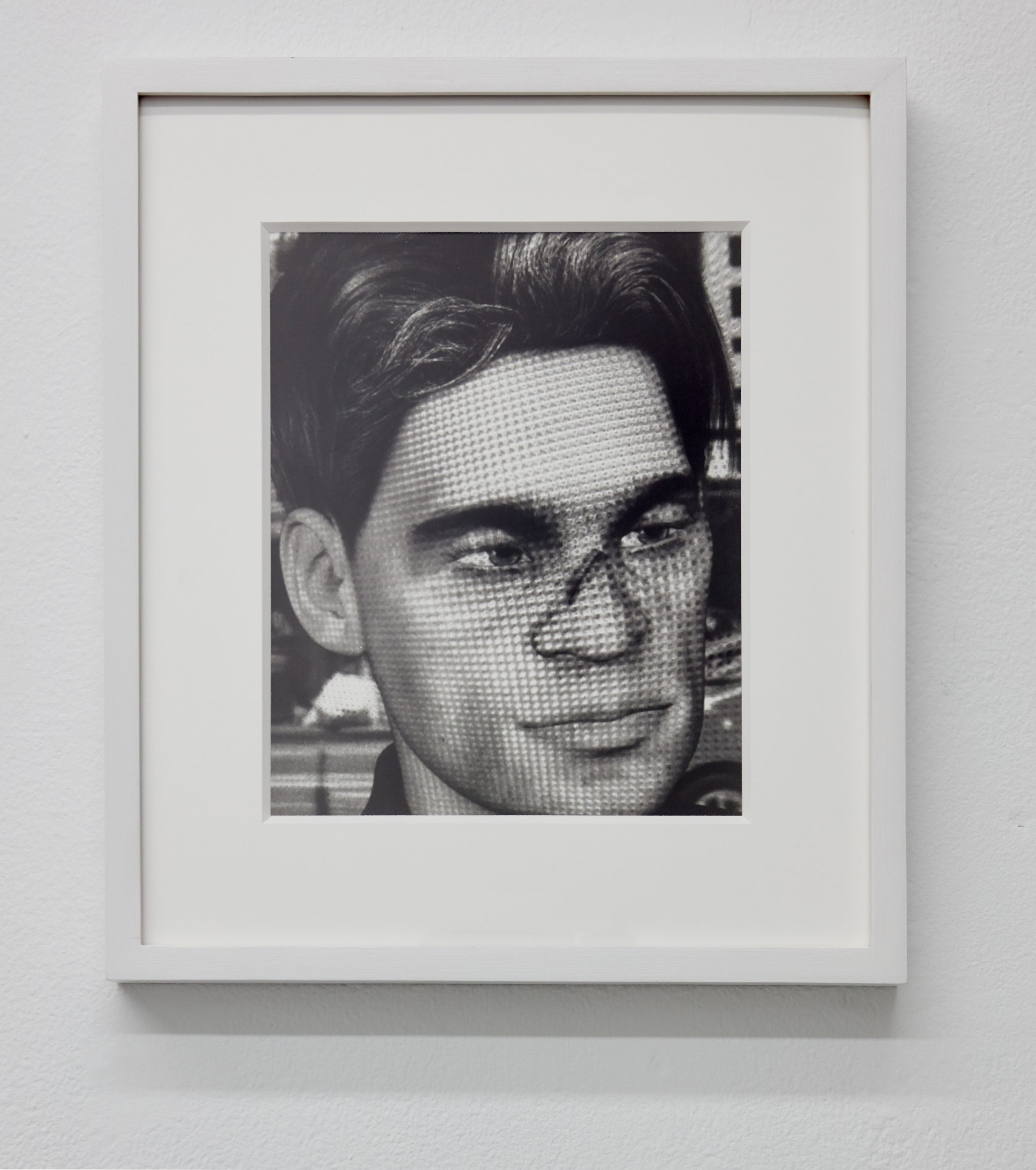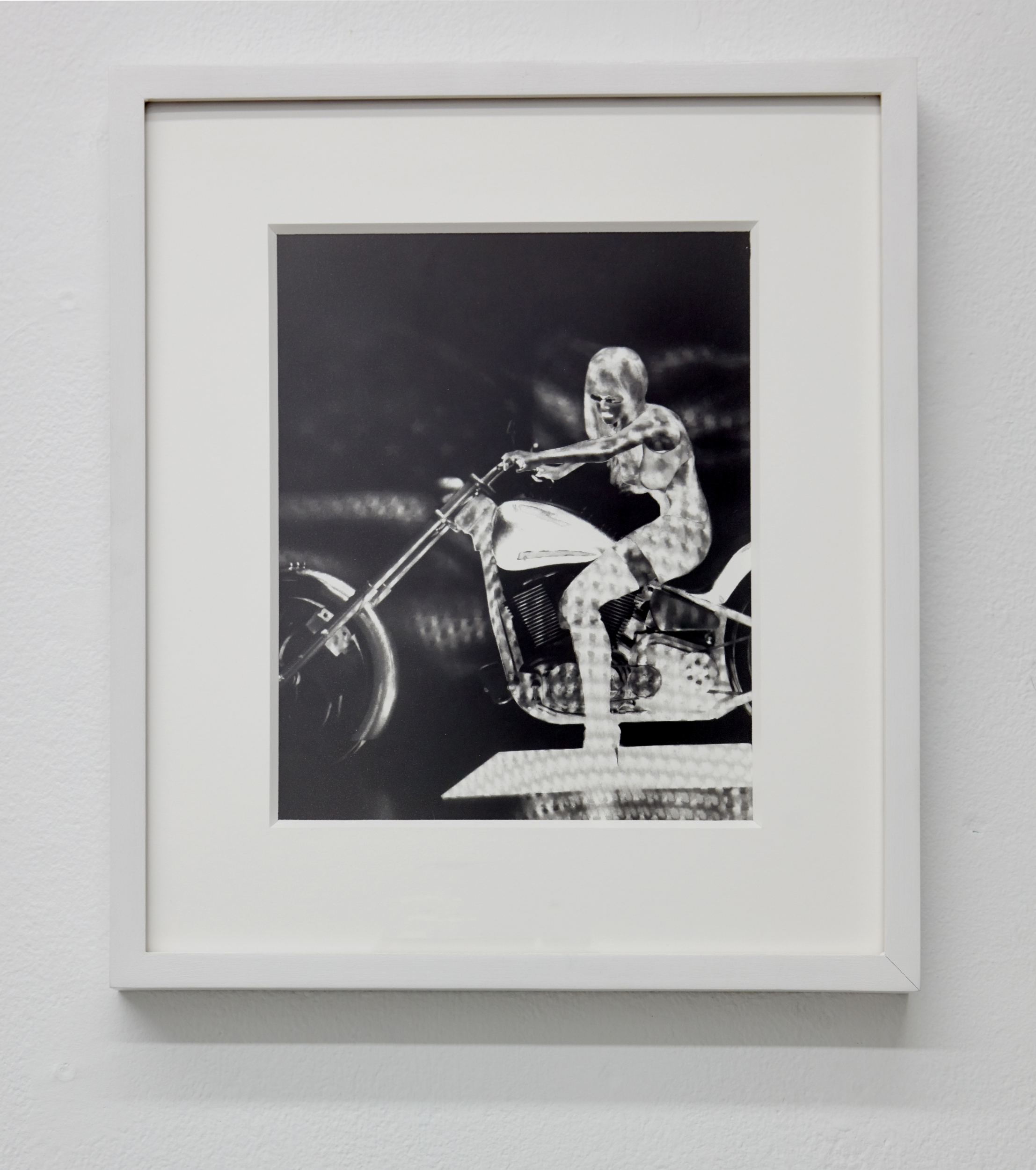Theodore Darst
Last Days in a Lovely Place
July 14, 2018–August 26, 2018
Reception: Saturday, July 14, 6–9pm
Excerpt from Mt Sinai Movement, 2.45 minutes, loop for 4K Monitor, silent. 2018.
Last Days in A Lonely Place (elegy) (2018) by Kevin Carey and Theodore Darst
Last Days in a Lovely Place provides a conceptual and formal break from Theodore Darst’s previous video projects. Darst abandons the highly rendered and processed landscape of professional video editing software in favor of less robust, casual mark making tools, and traditional photographic processes–counterpointing this shift is his attention to the detailed and labor intensive processes of working and reworking each image and frame.
Darst’s favoring of iPhone software over prosumer or professional and industry software, points toward a simplicity of working in which technological availability is taken as a given. His critique does not lie in pressing the boundaries of computing, so much as his personal and private interactions with it. That the site of production is not only as mobile as the artist's body, but as social in this context as well, is important to the understanding of this series of subjective and objective systems through which the work makes its permutations. This downgrading, or deskilling, of Darst’s practice reveals that its conceptual backdrop is located on a more personal ground. Last Days in a Lovely Place is more at home within the framework of a personal diary than that of a dark room full of strangers.
Forming subjective filtration and feedback systems, which extend from his post-studio practice, Darst leverages twentieth-century mythology of both the painter alone in the studio towards a newer but Romantic vision of the artist always connected, and always in transit. Whereas the artist's previous bodies of work function within much stricter narrative confines, reached through highly rendered productions, the subject of Last Days in a Lovely Place instead exchanges these traits in favor of disjointed feats of strength, by way of lengthy working processes.
In the series of large aluminum prints on display, as well as the single-channel video, the mobile nature of Darst’s production methods is immediately recognizable within his brush strokes, which correspond roughly to the size of the finger—evidence of the artist's touch, albeit clearly mediated through a touchscreen device, which point to the algorithmic underpinnings of painting software available to the casual user. Often working on while traversing the City, by train, foot or Uber, Darst opts for self-imposed relational constraints–each session is bookended by departures and arrivals. The sentimentality of these movements joint with the artist's experience of his device, its interfaces and its denizens, coalescing into an abstract work in full field.
Mt. Sinai Movement (2018), a vertically-oriented video work, follows a similar tack in durational space–the work itself is a painting in motion. Its many visible strokes are in a state of constant flux, morphing from one abstract shape to the next, taking on the continuity of a slide show or a dashboard mounted camera. Accompanying the abstract works is a series of black and white photographs depicting close ups of male and female figures. The darkroom process used to produce the series lends something of an element of sincerity to the images. Counter to these trappings, the figures are computer generated–avatars–posable figurines that inhabit the digital surface.
Soundtracking the entire exhibition is Last Days in A Lonely Place (elegy) (2018) by Darst’s frequent collaborator Kevin Carey. A poem about the highway vertigo of a drive straight west was read by online voice actors, autotuned and reedited into a quasi-narrative audio work. The work’s sound expands to the whole gallery—as if playing synchronously on the headphones of each viewer—as if Darst is providing the viewer with a playlist of his subconscious.
– Nathaniel Hitchcock
Theodore Darst (b. 1986) is an artist living and working in Manhattan. He recently staged a solo exhibition at Magenta Plains, NYC and a collaborative show with Collin Leitch at Kings Leap, Brooklyn. Upcoming exhibitions include a project with the poet Rob Fitterman at Broken Dimanche Press in Berlin and group exhibitions at Franklin Street Works in Stamford, CT and Pilot Projects in Philadelphia. Darst’s work has been included in The 2016 Artists’ Film Biennial at the Institute of Contemporary Art in London, and group exhibitions at The Museum of Contemporary Art in Los Angeles, The Museum of the Moving Image, and the Museum of Contemporary Art, Chicago. His second book will be published by Soft City Press on the occasion of his show with Lubov.
